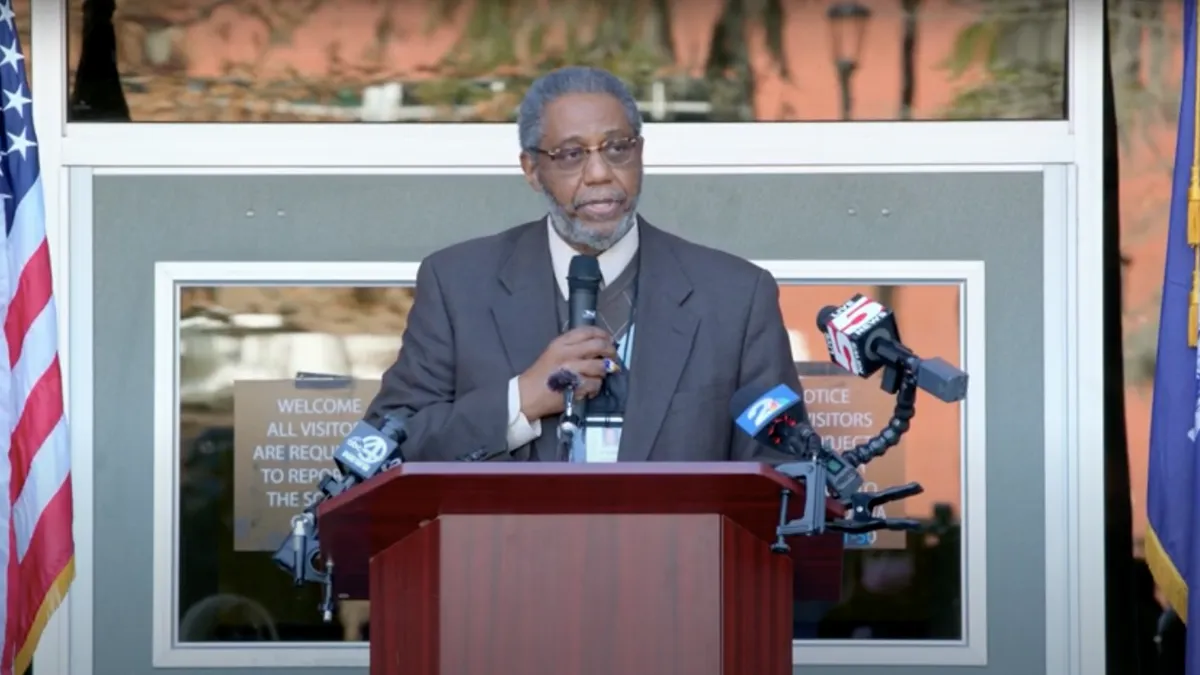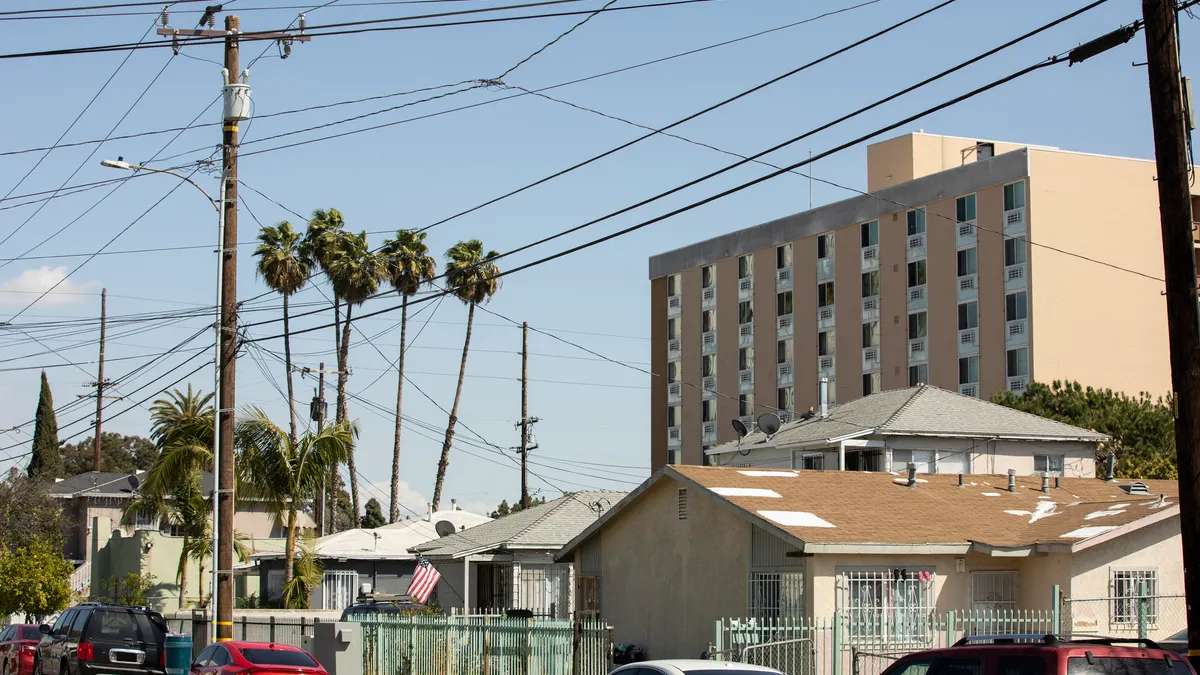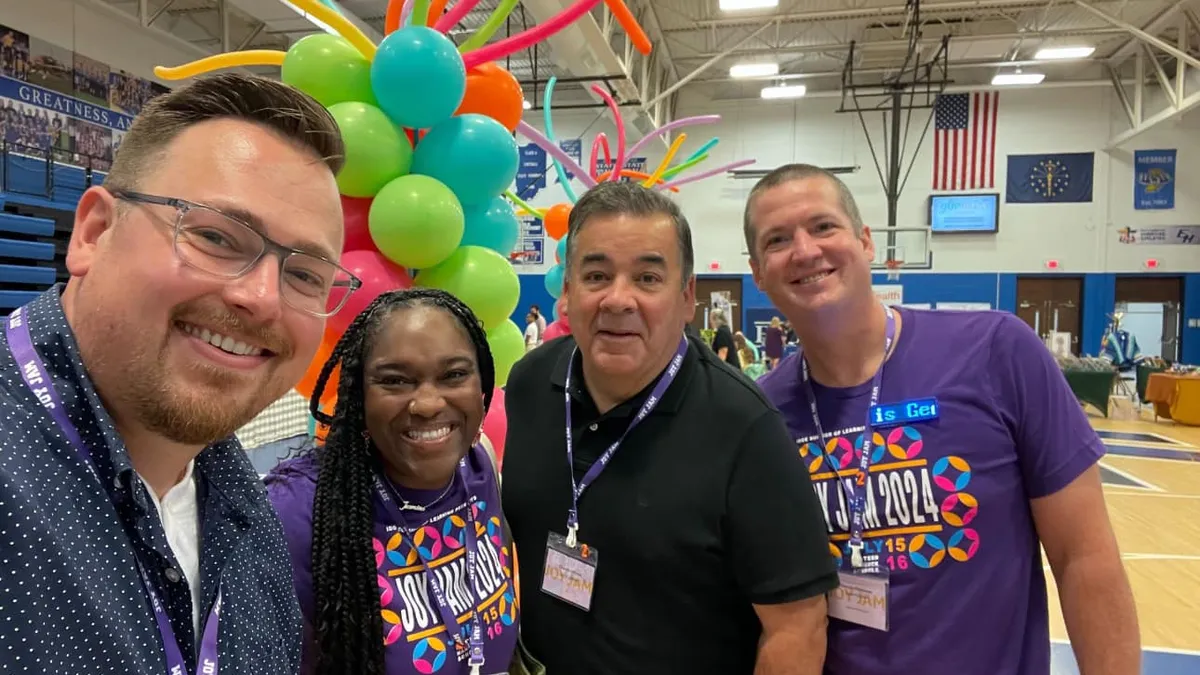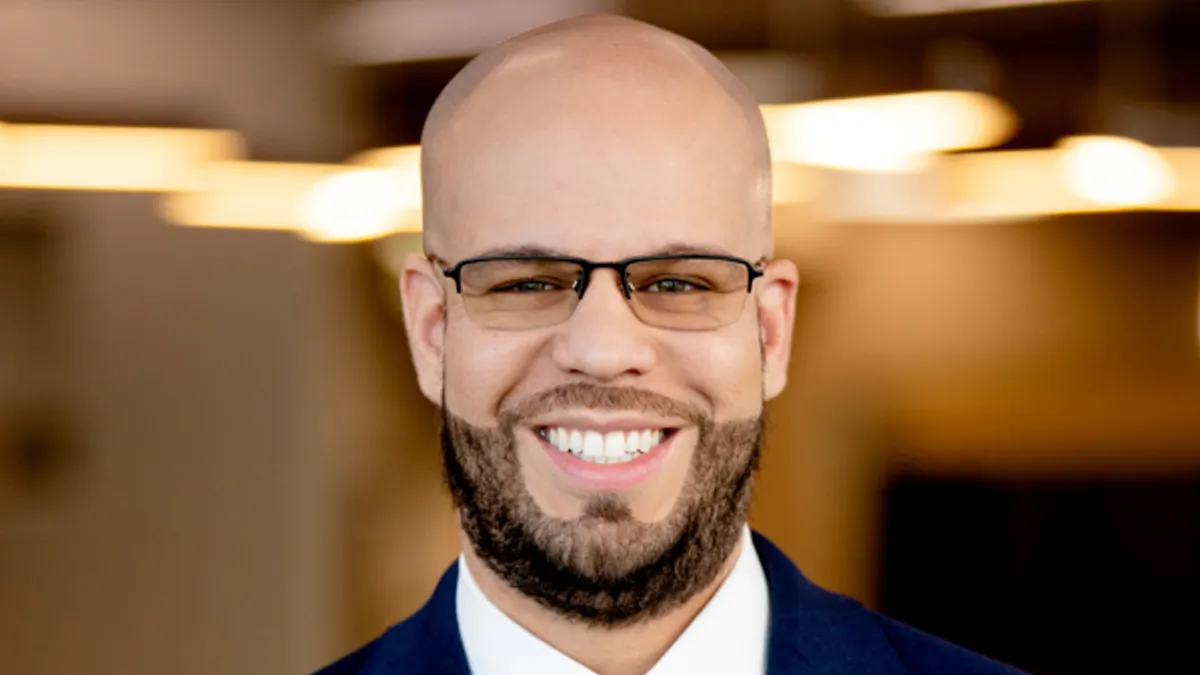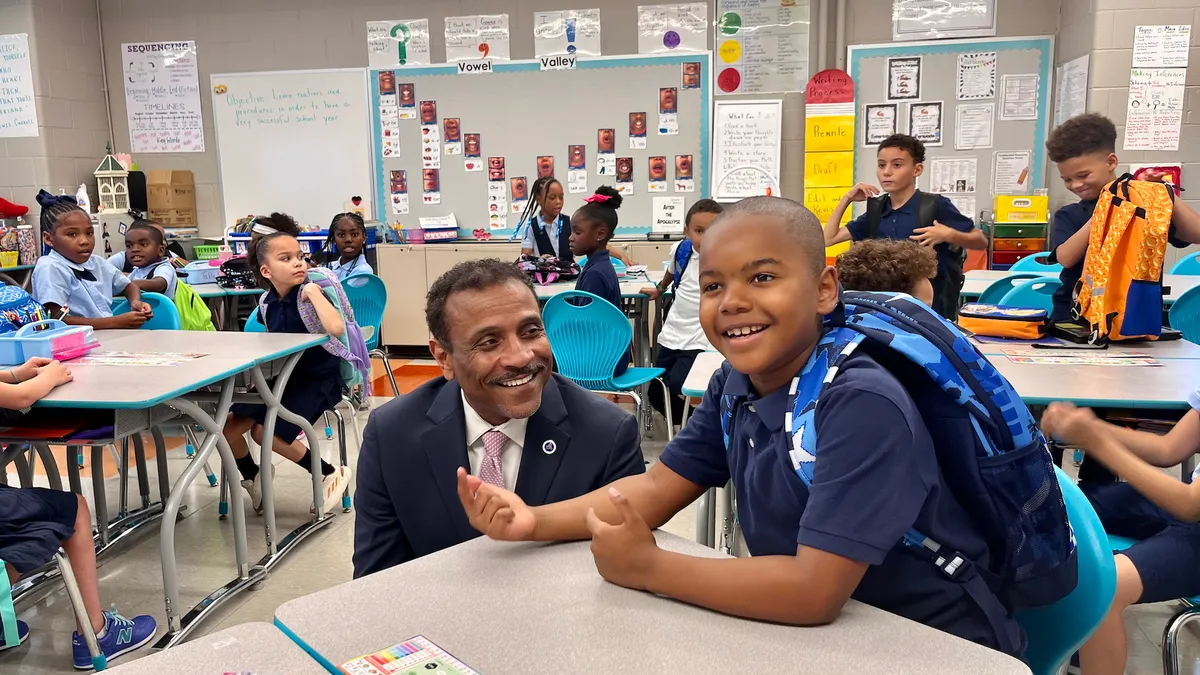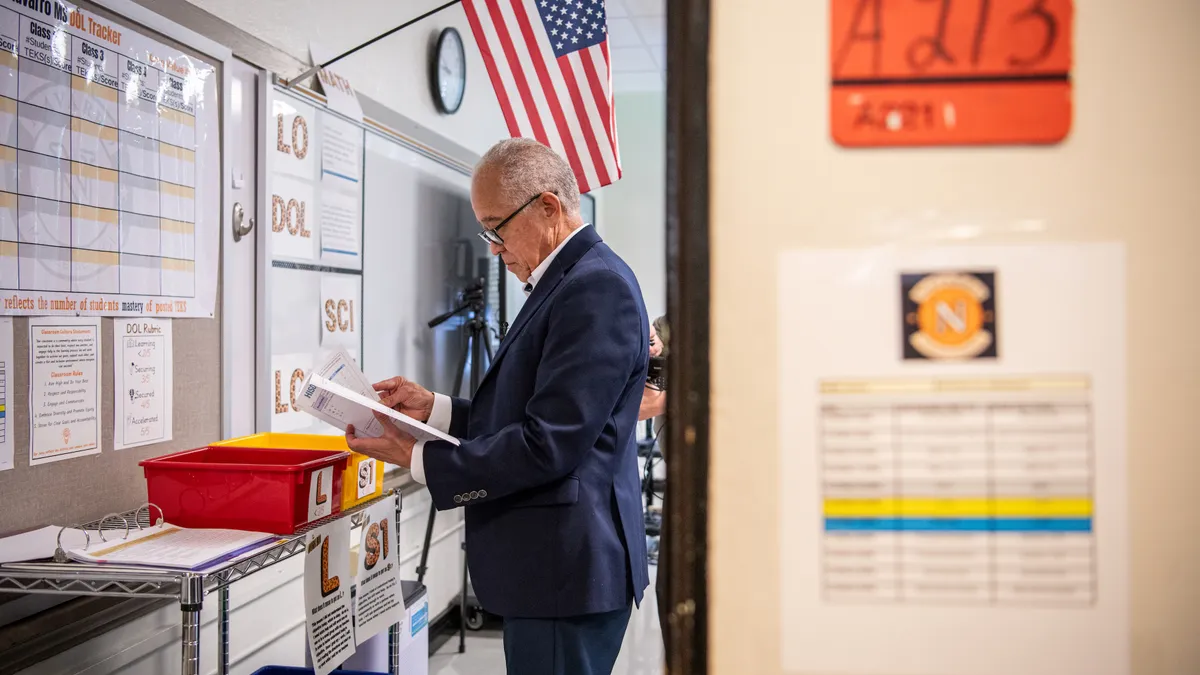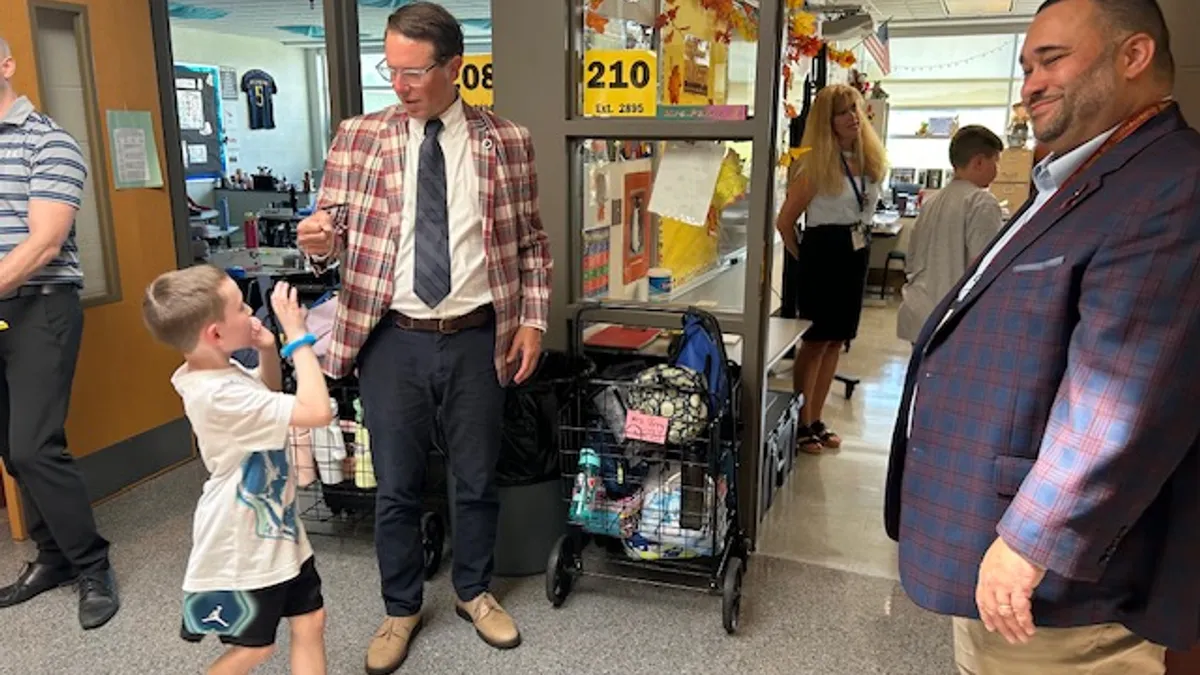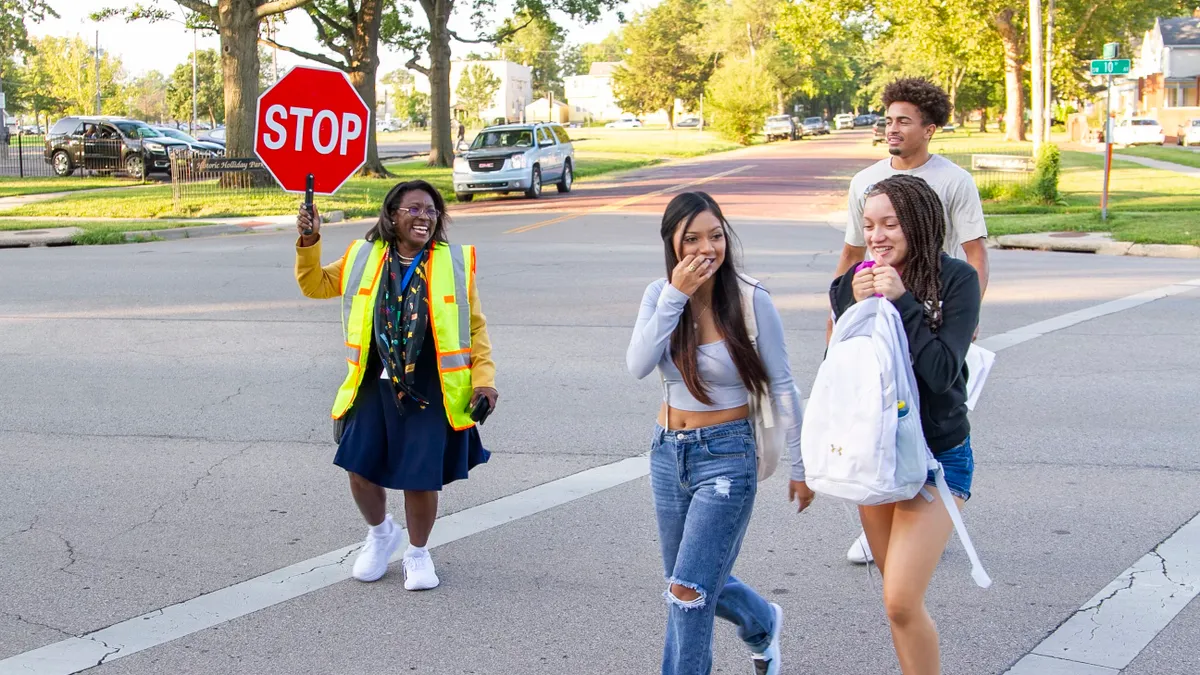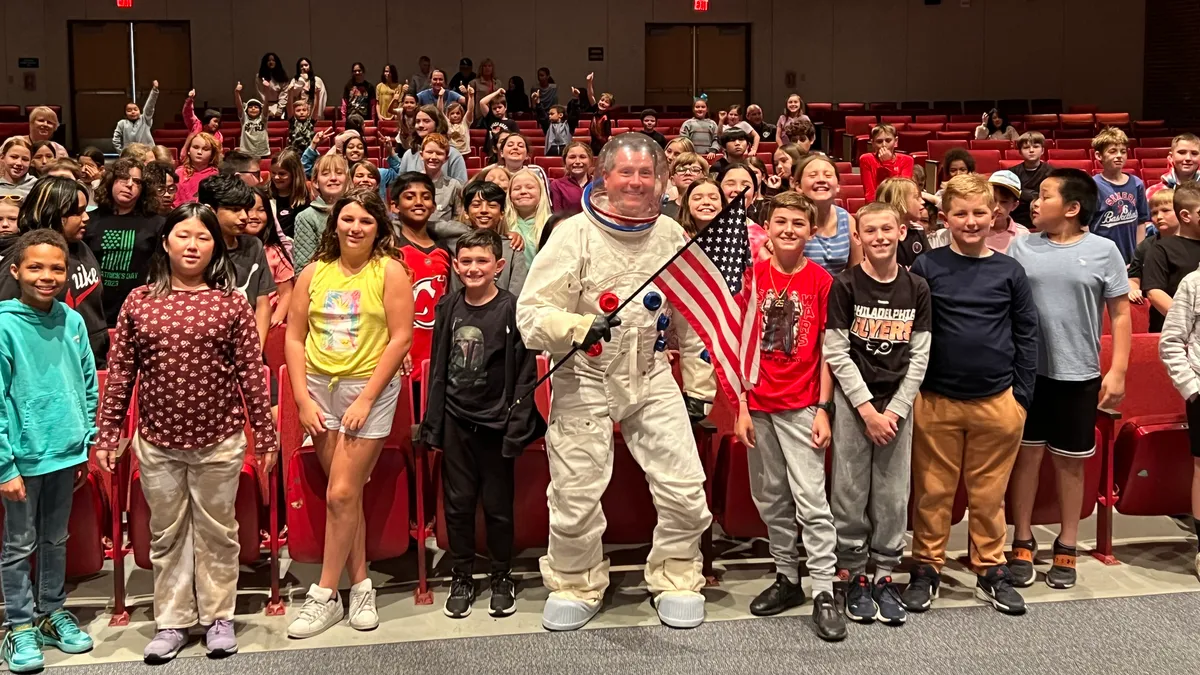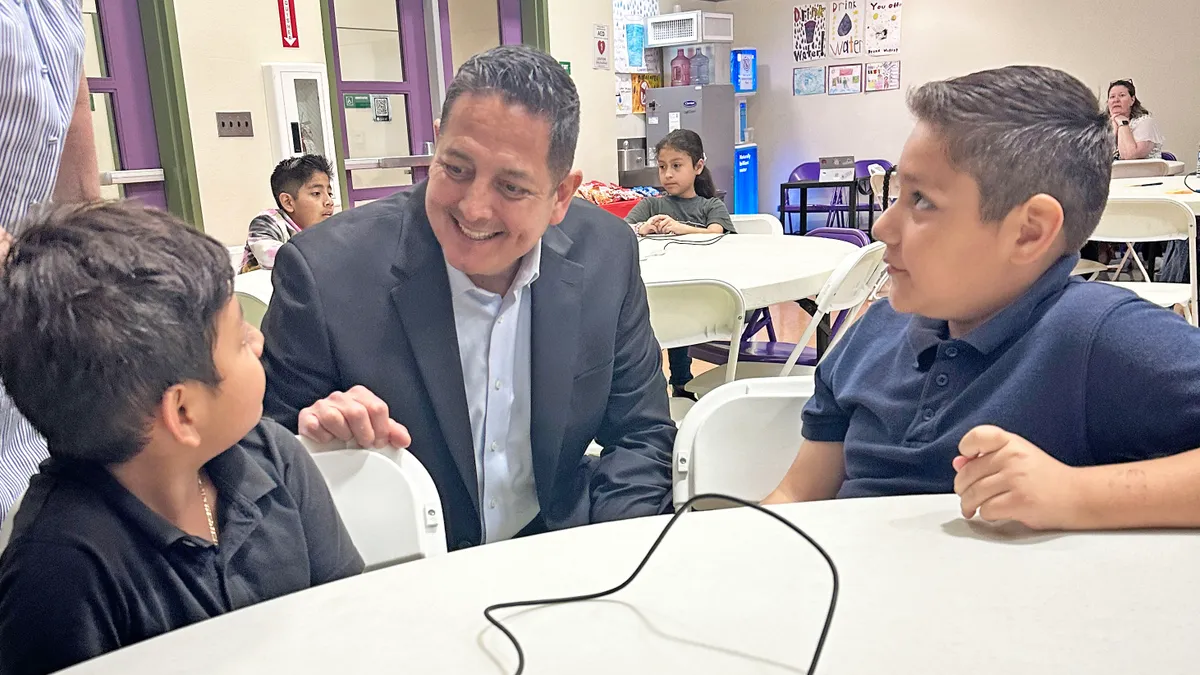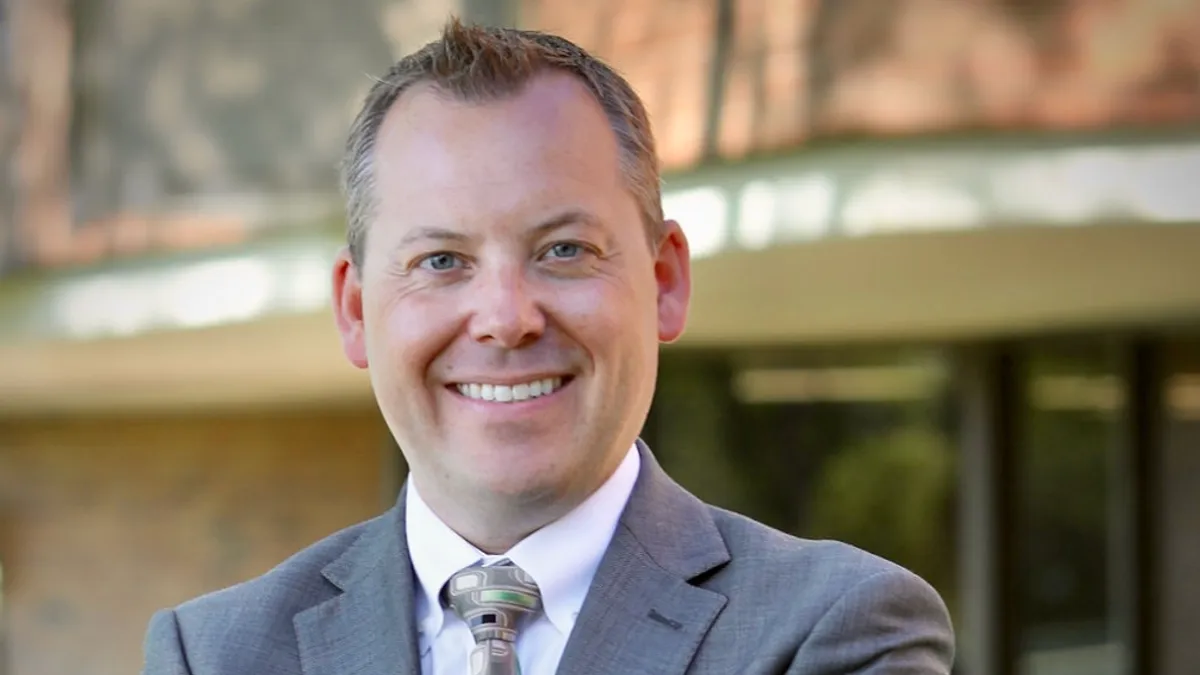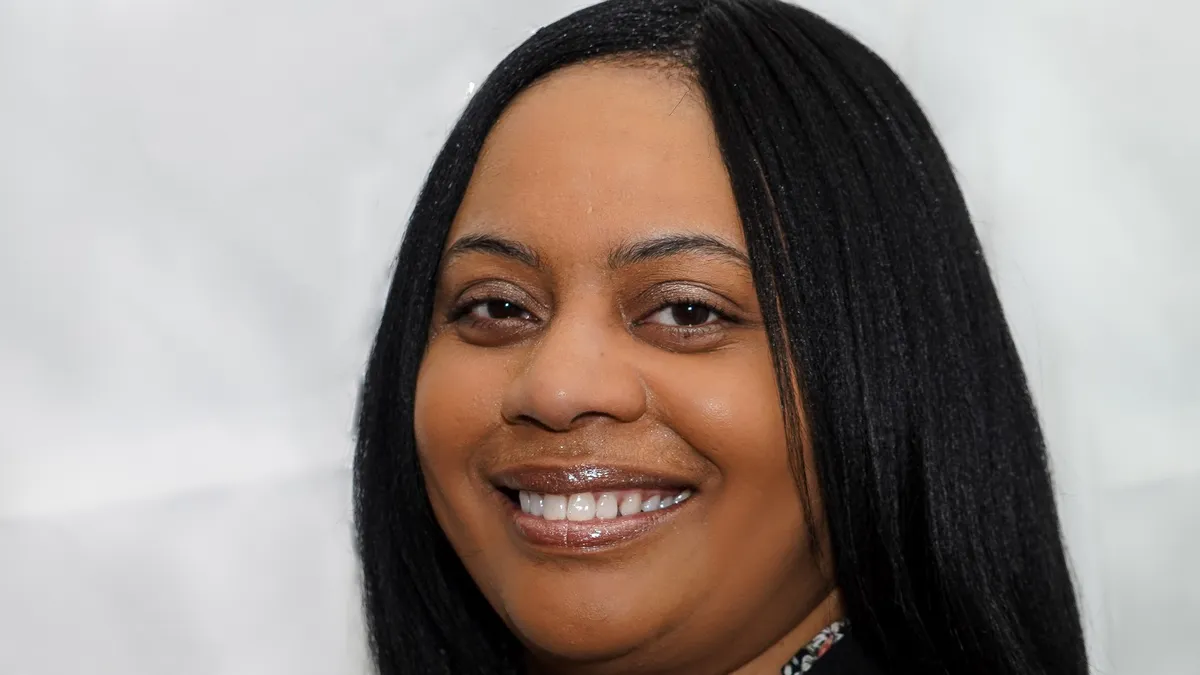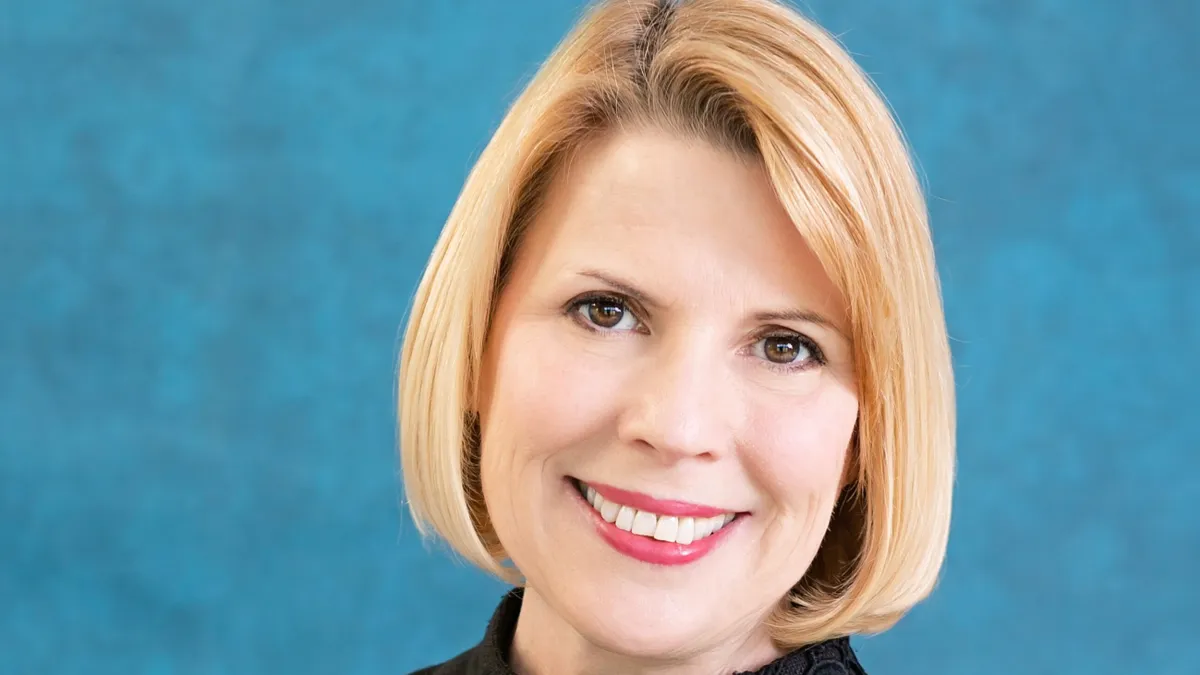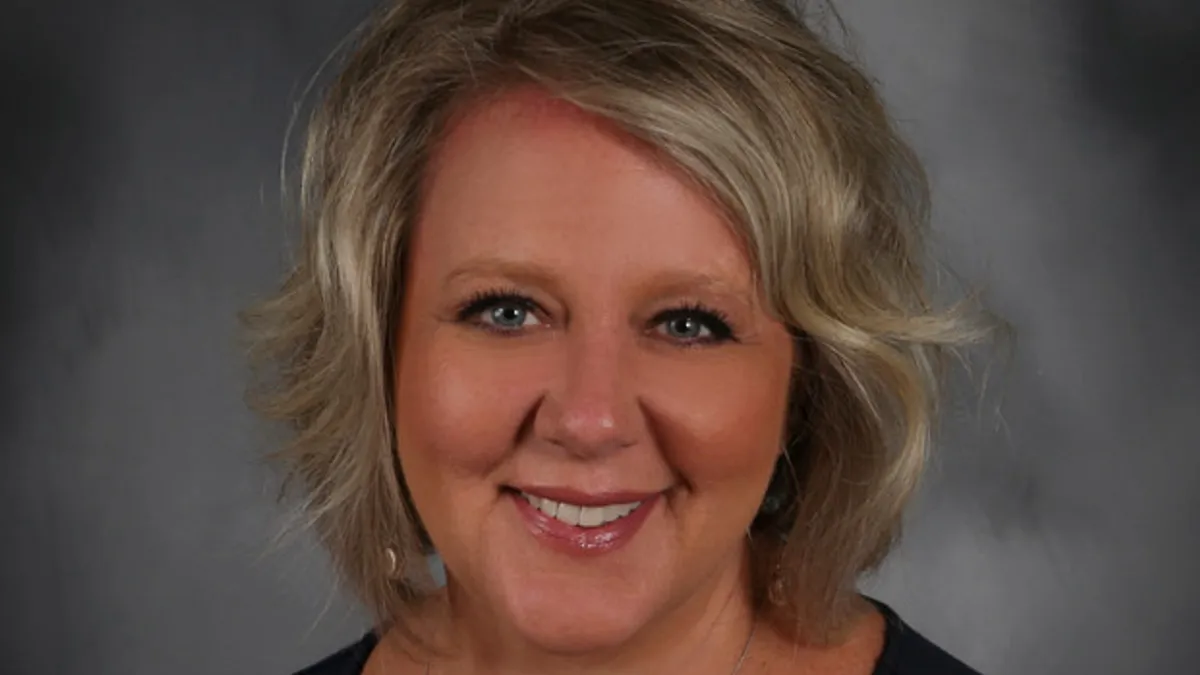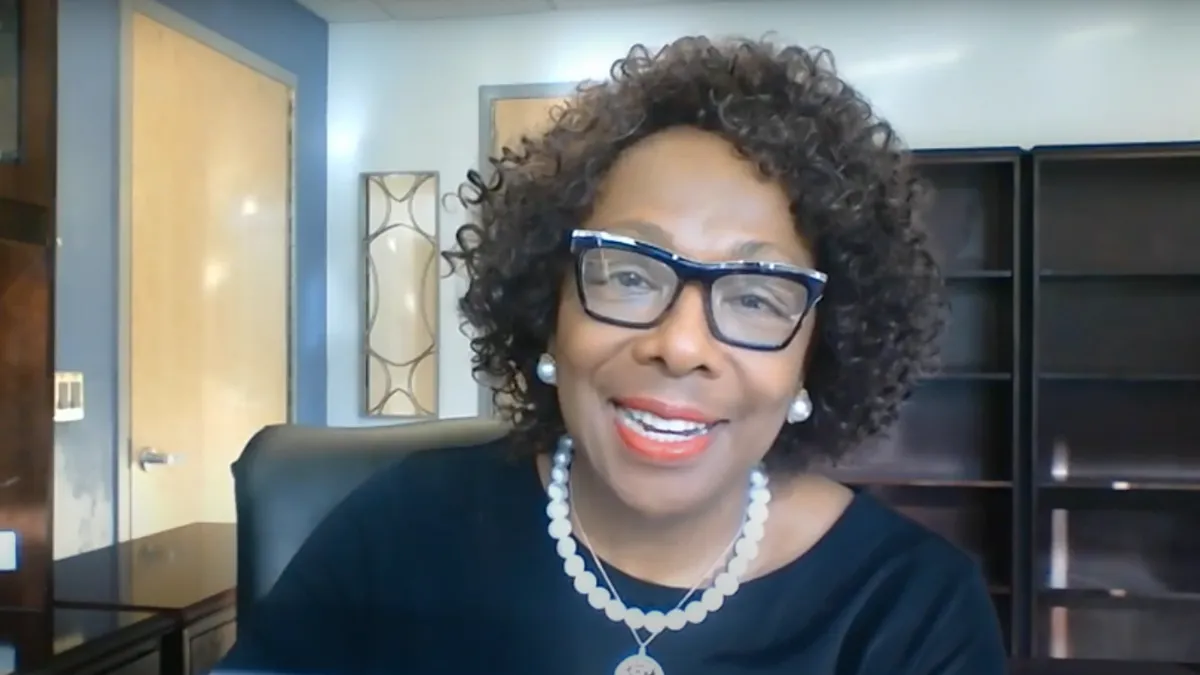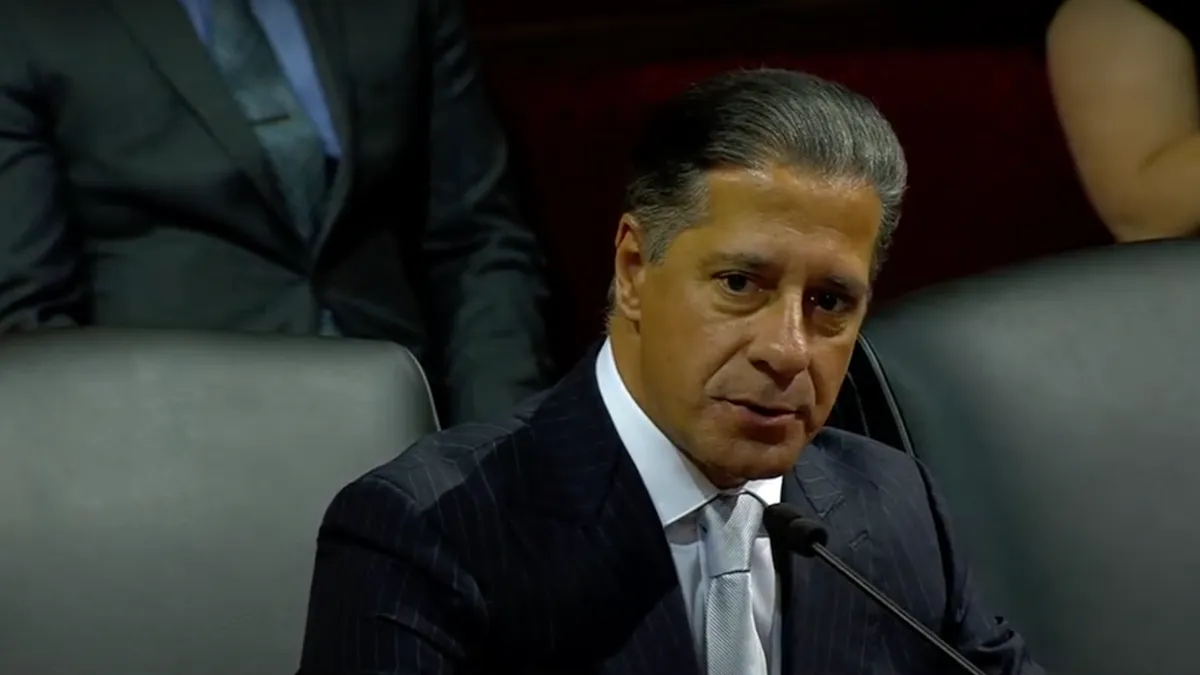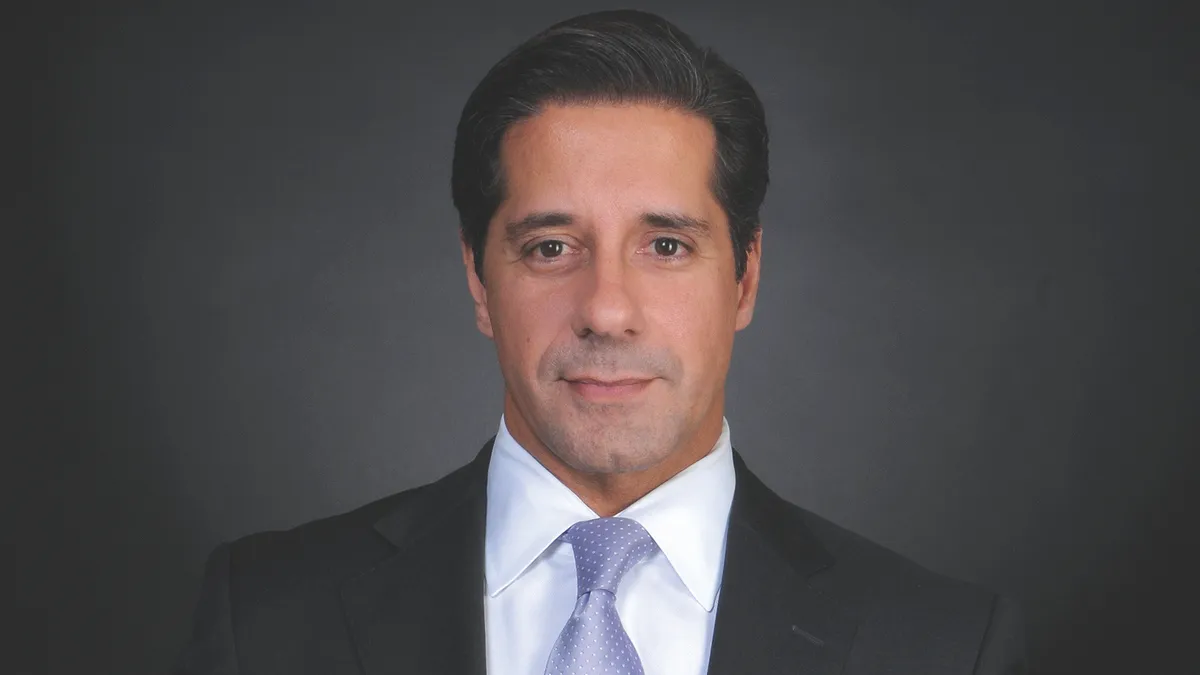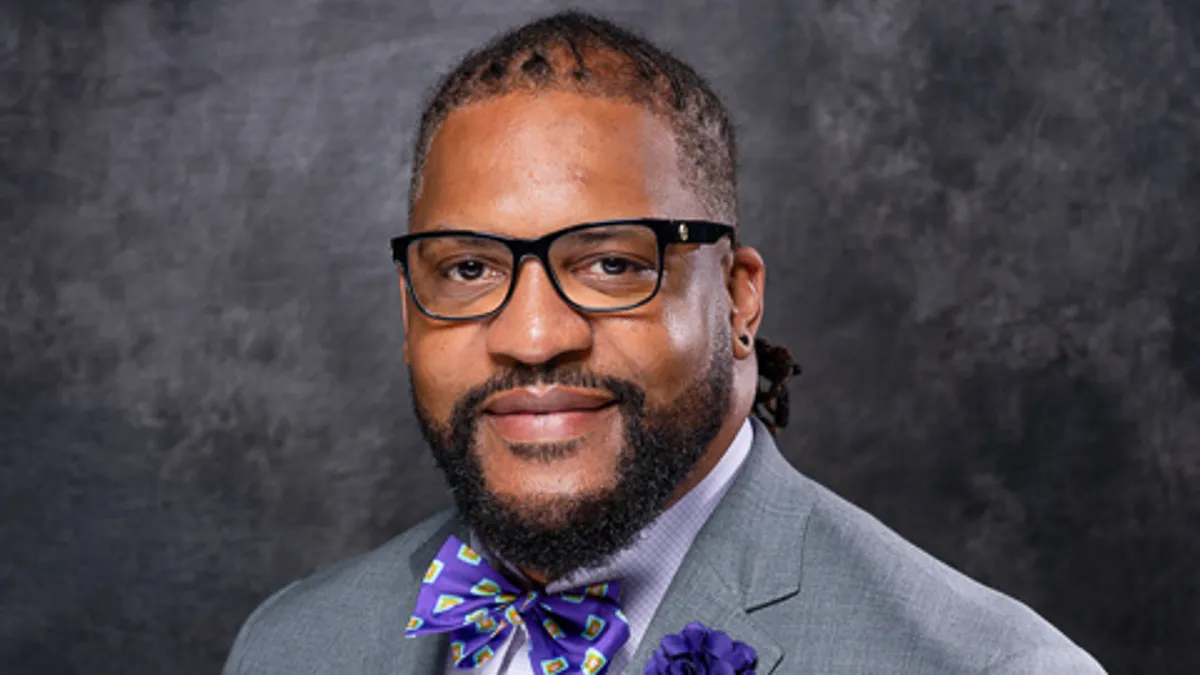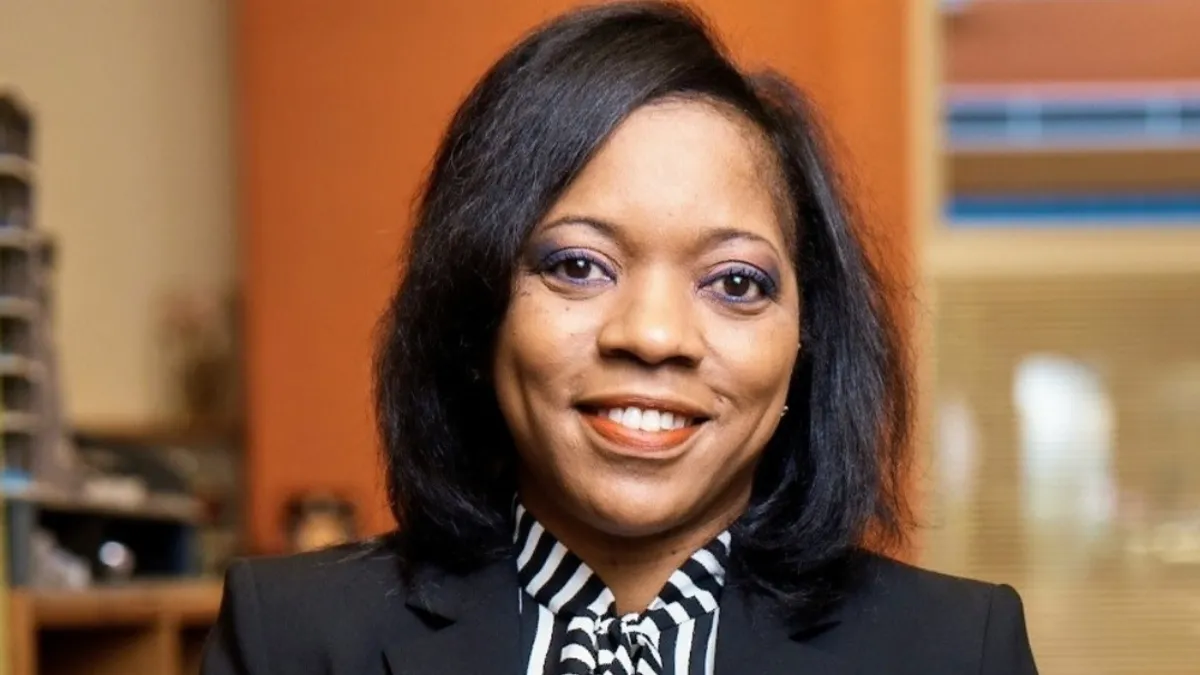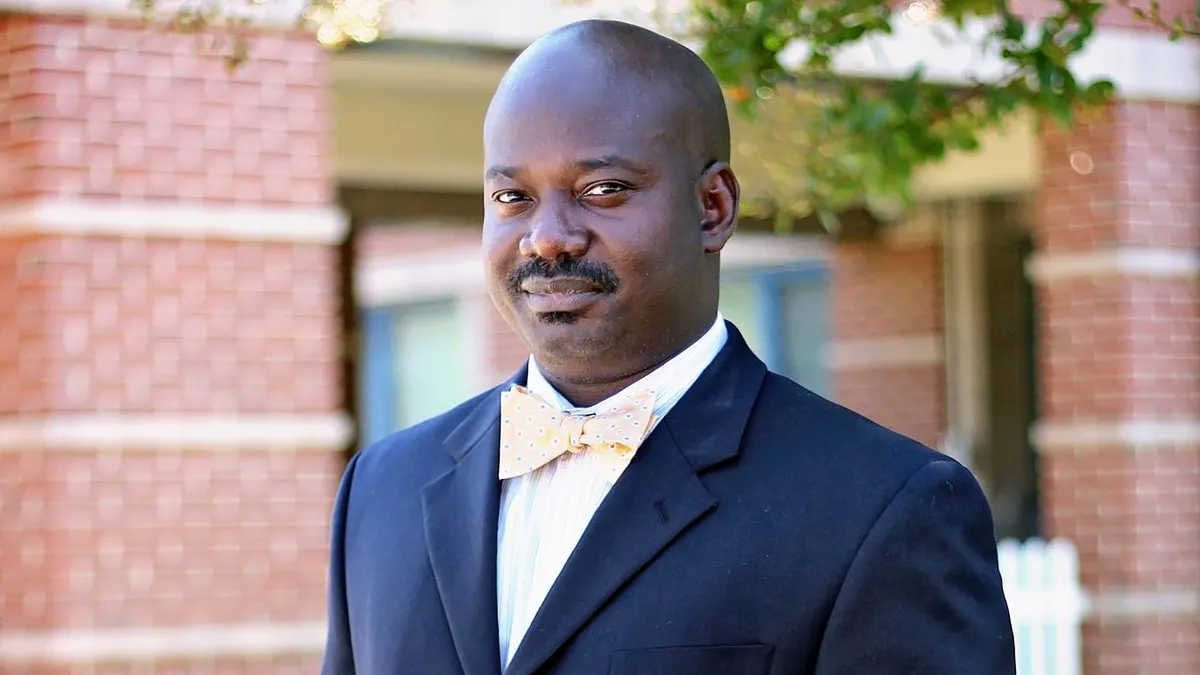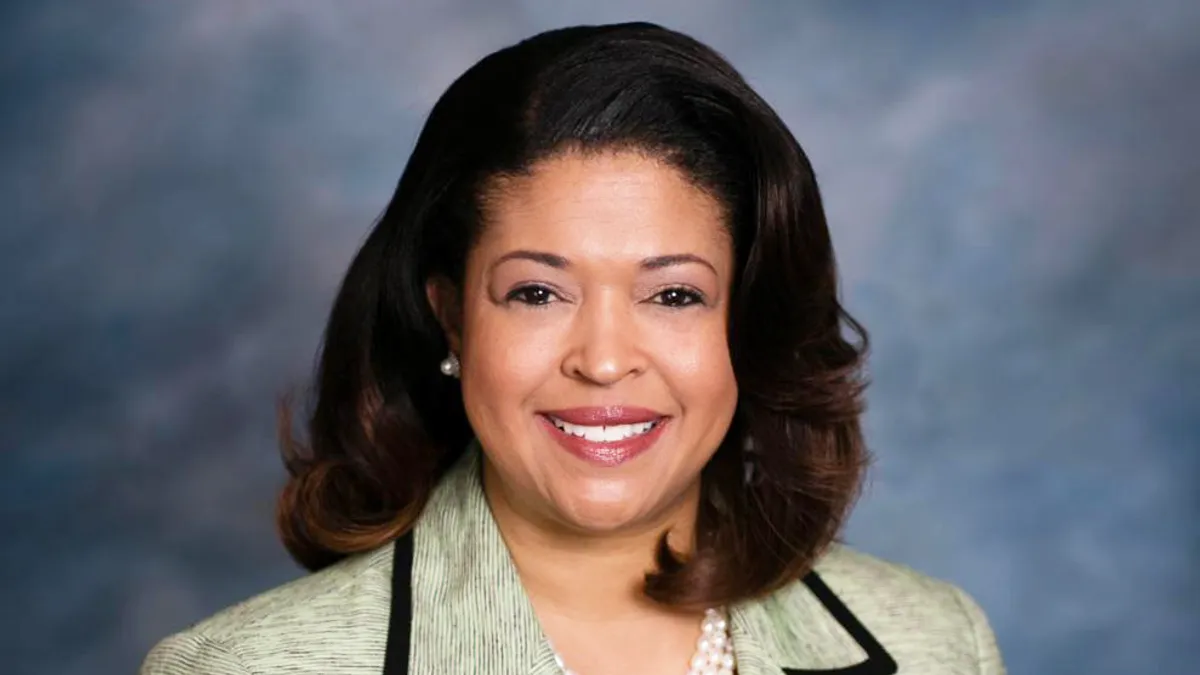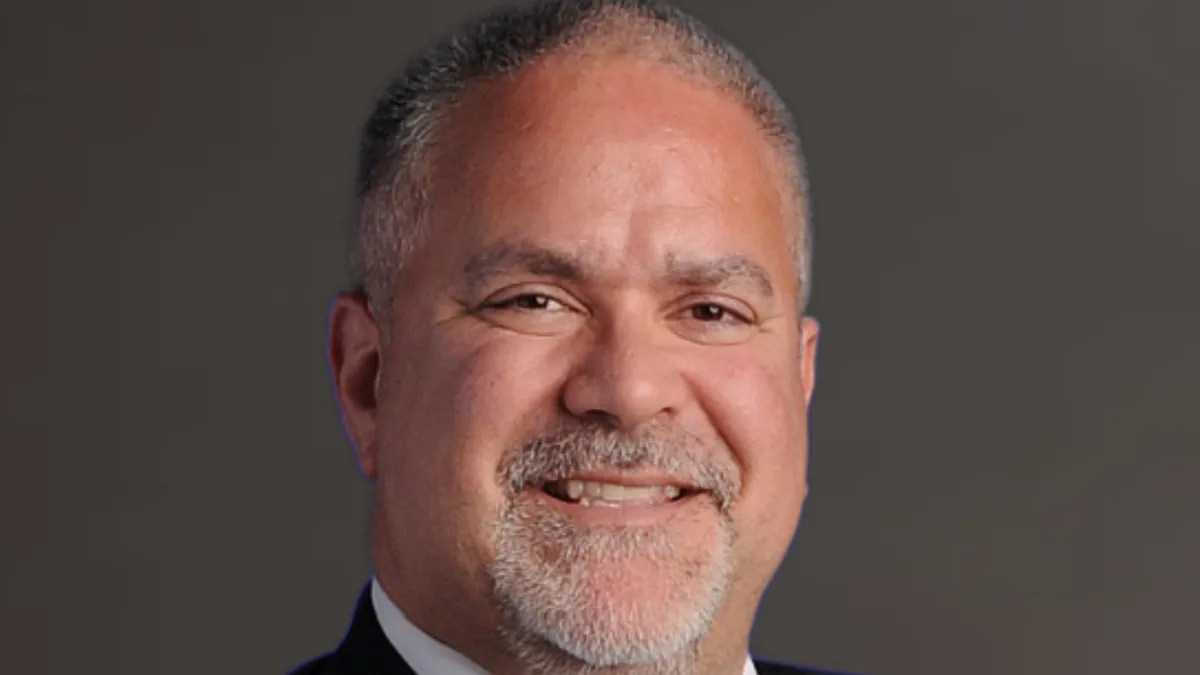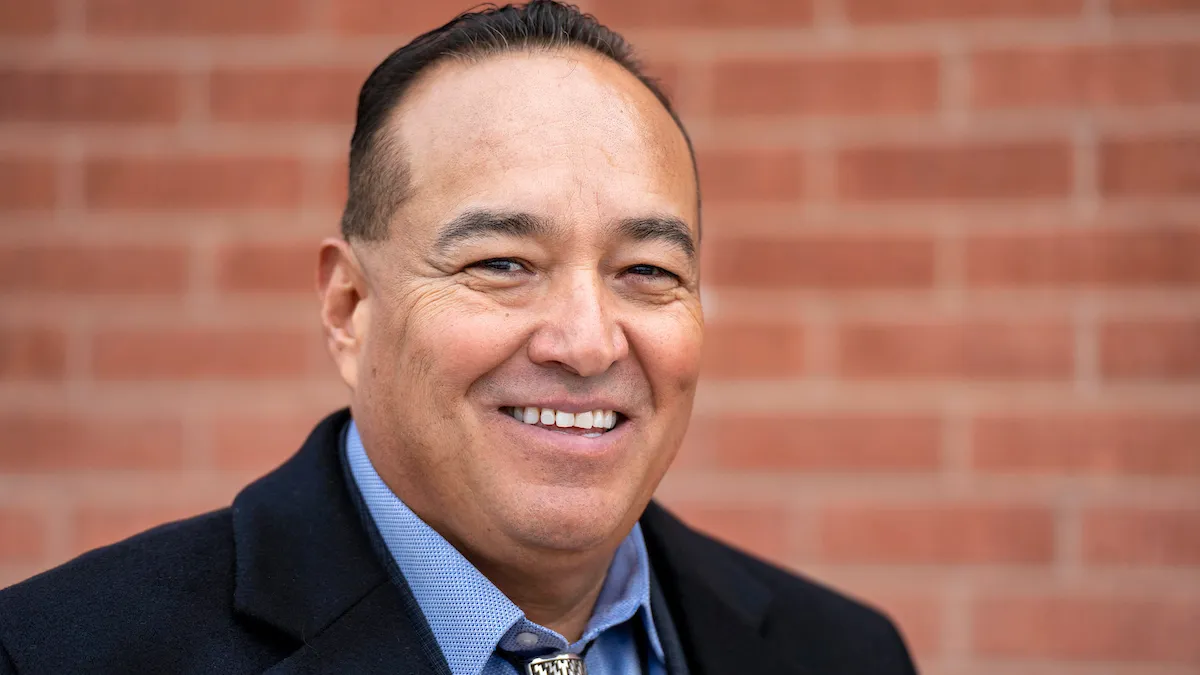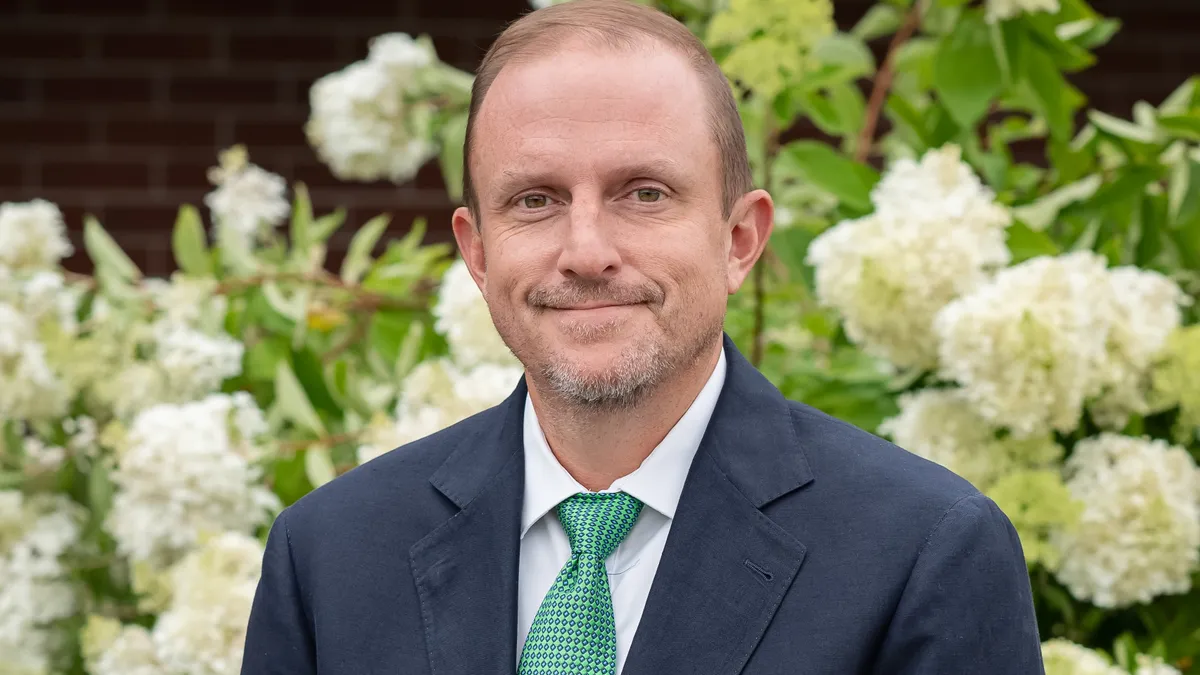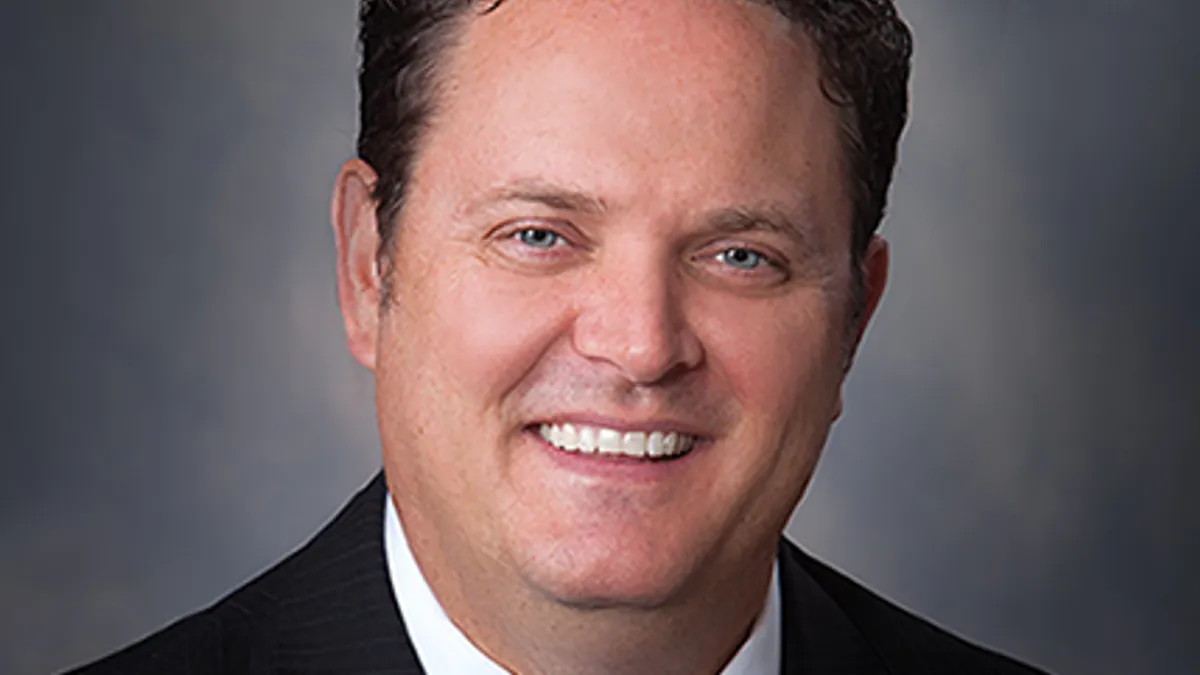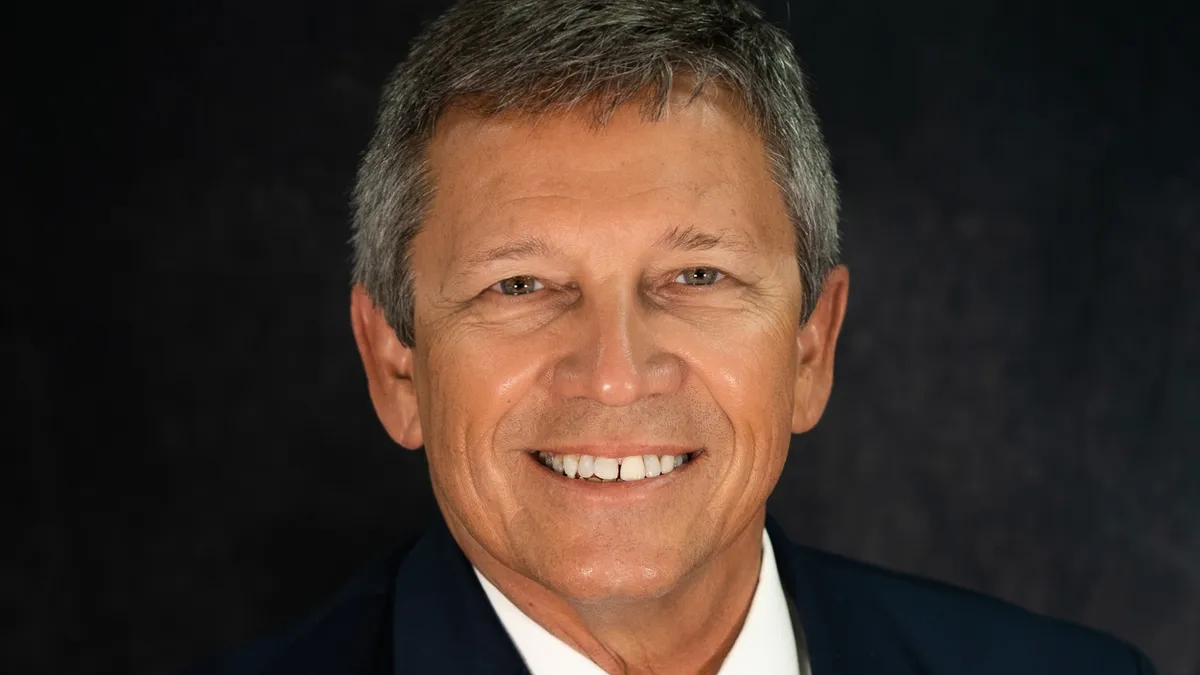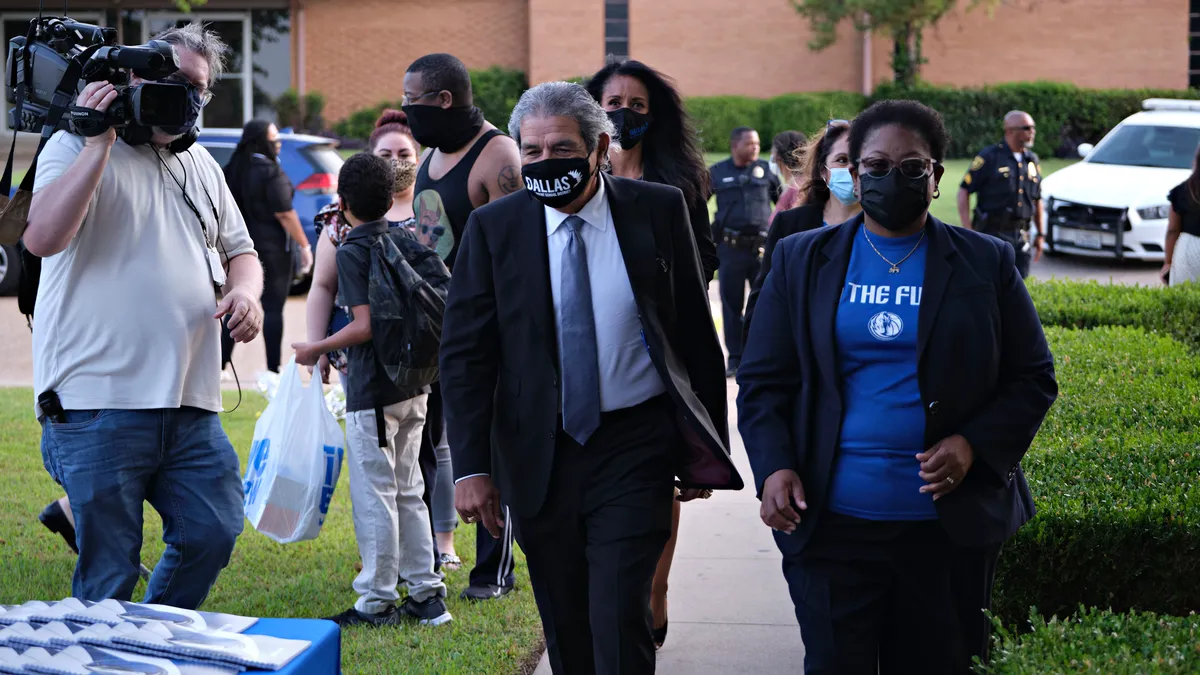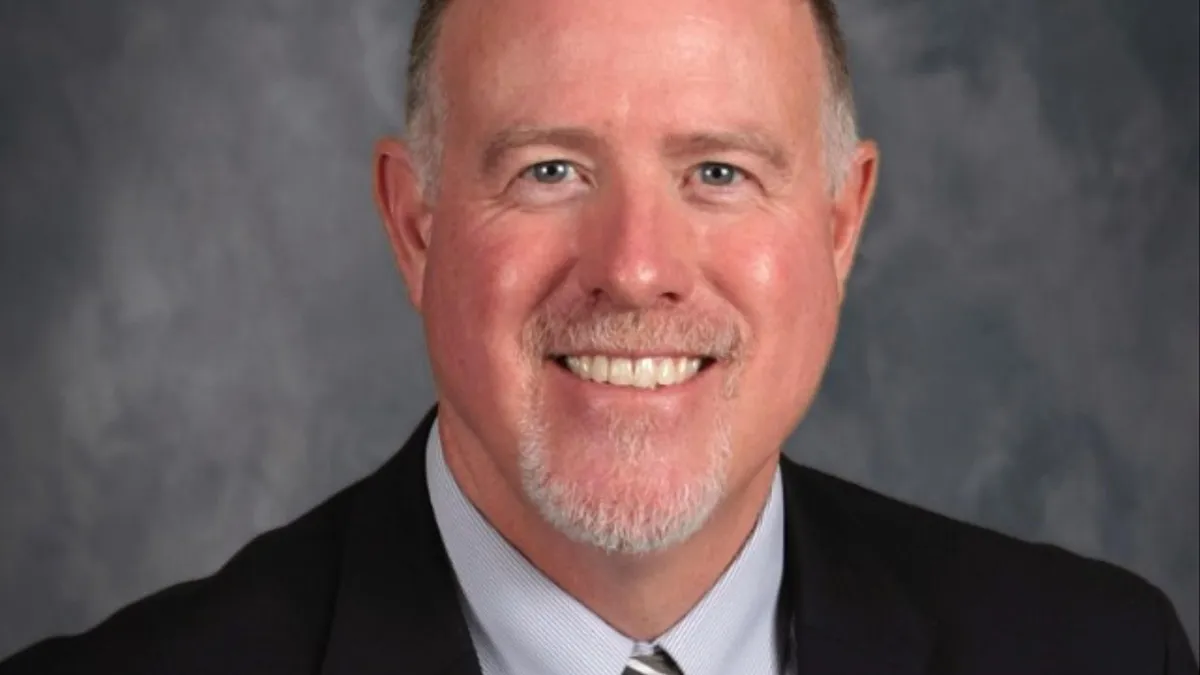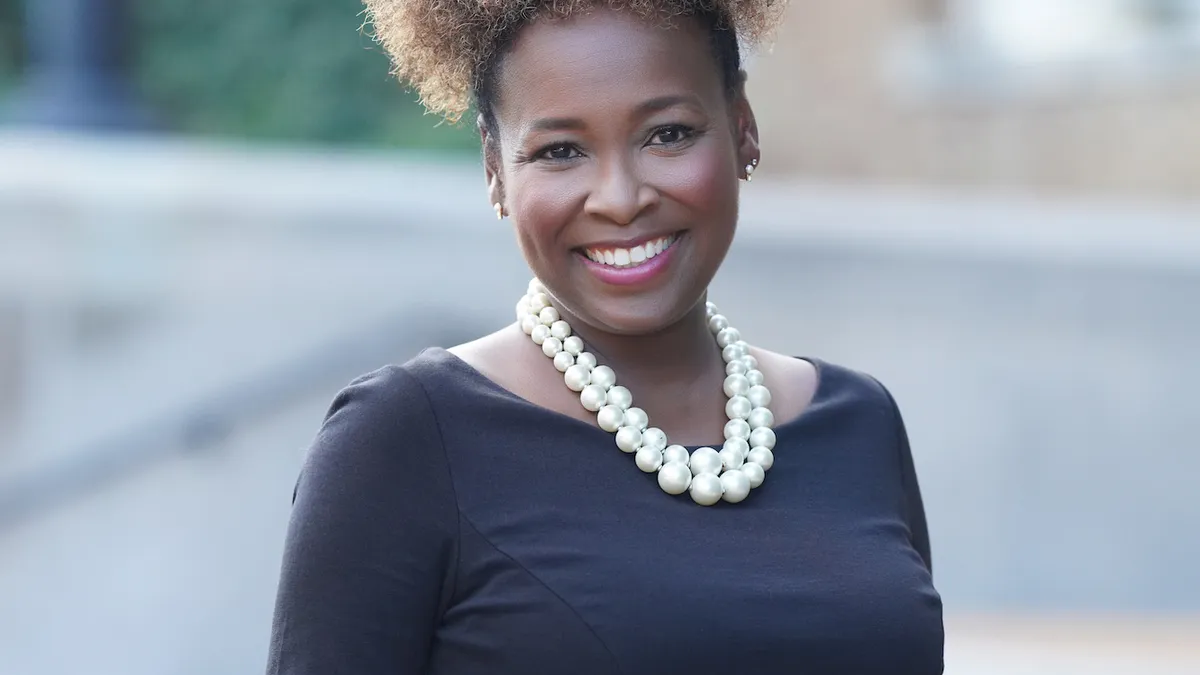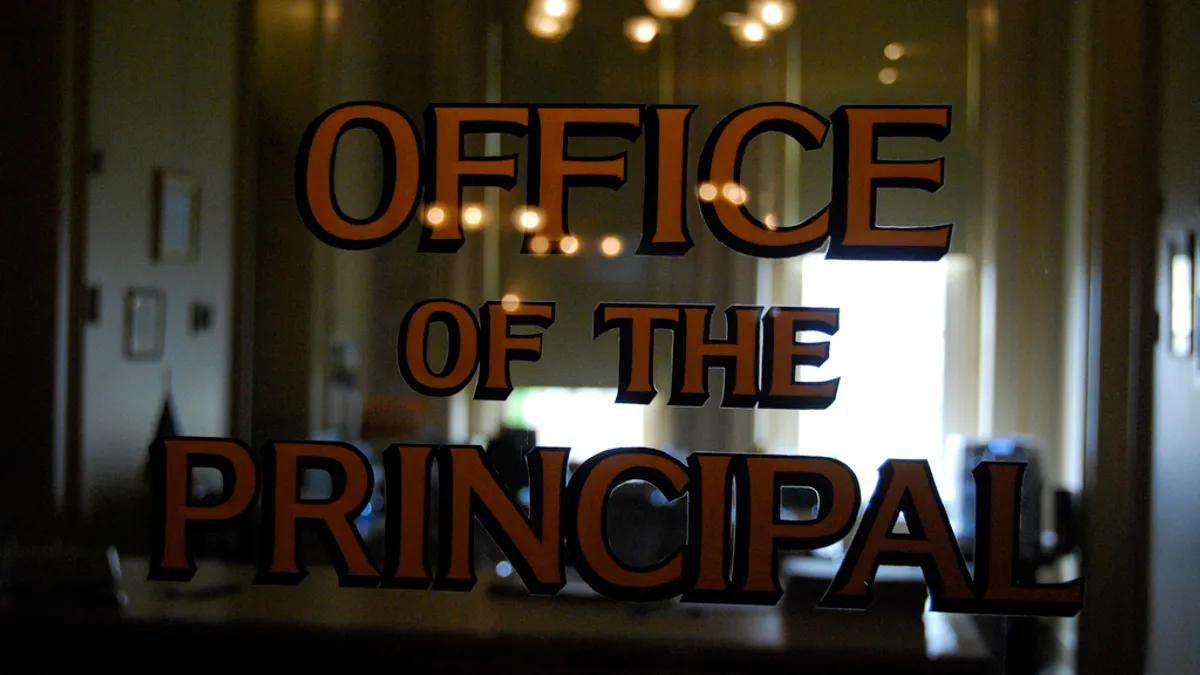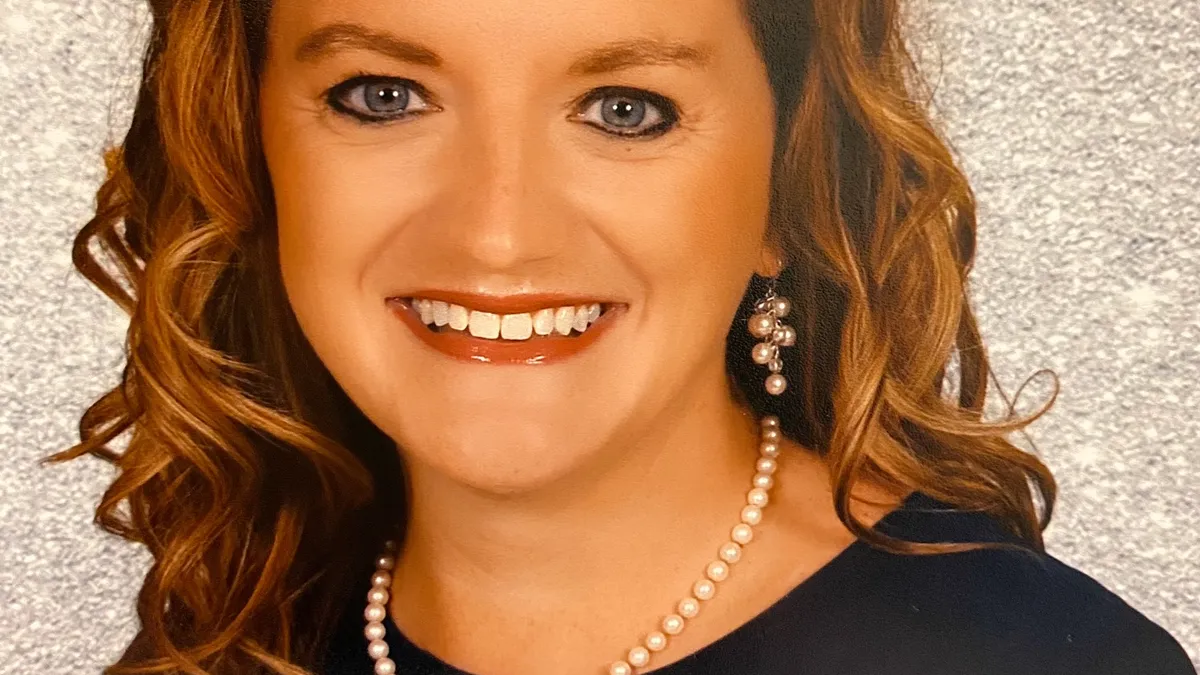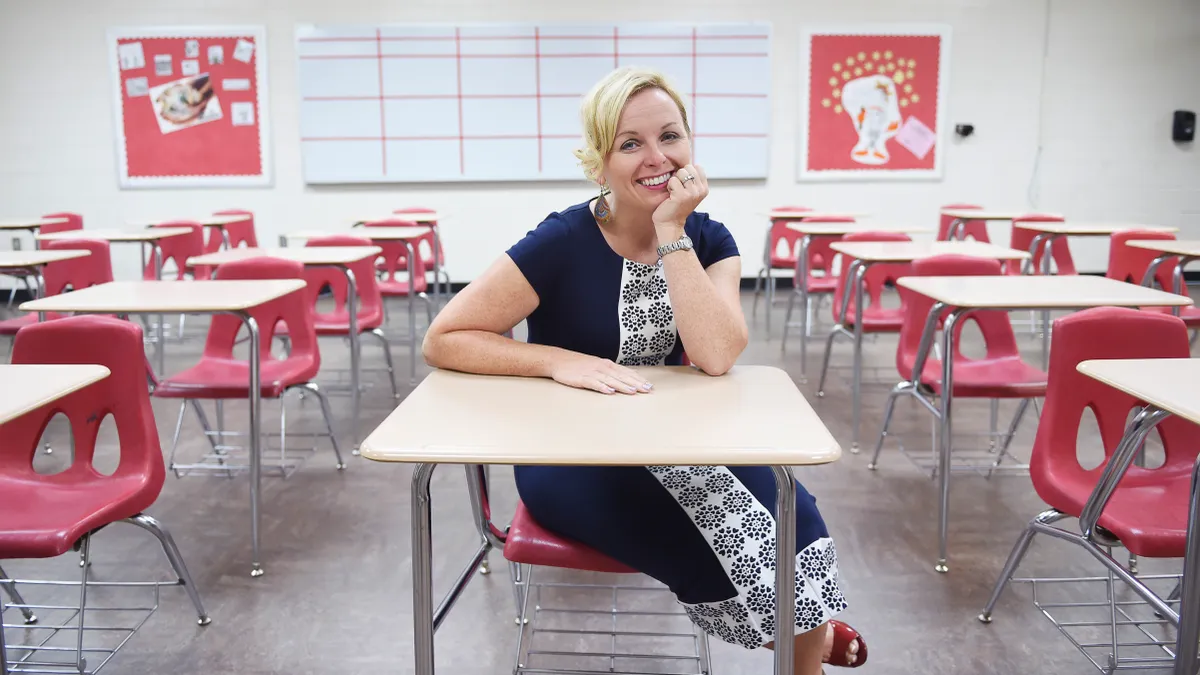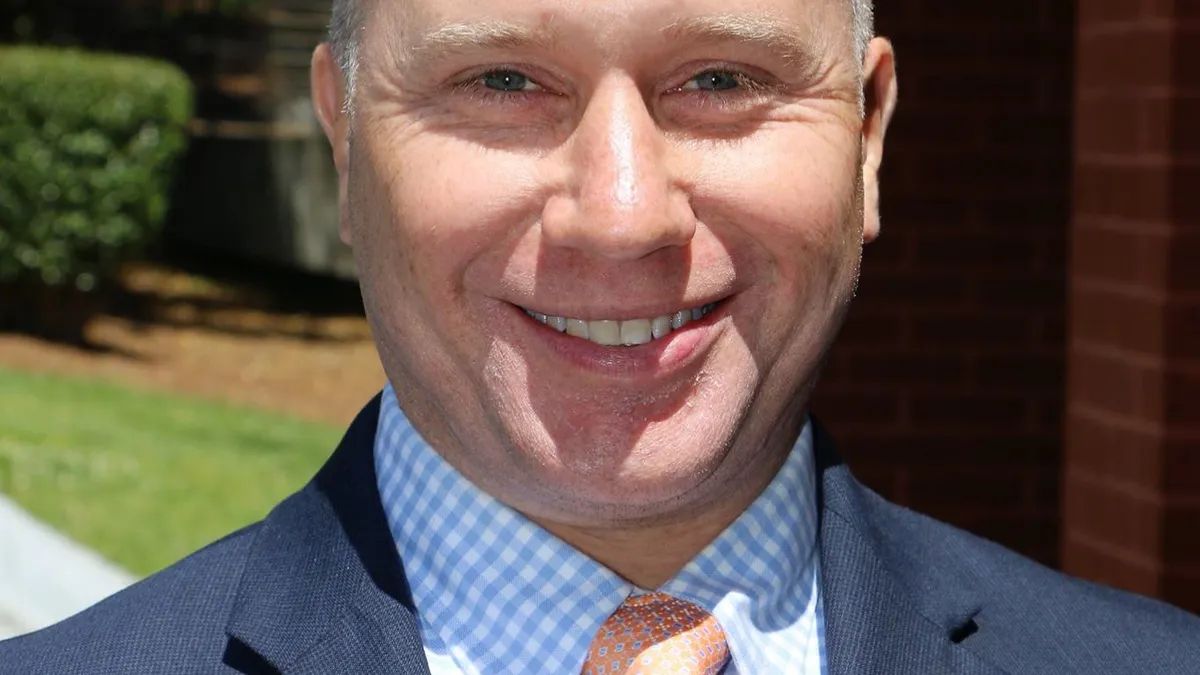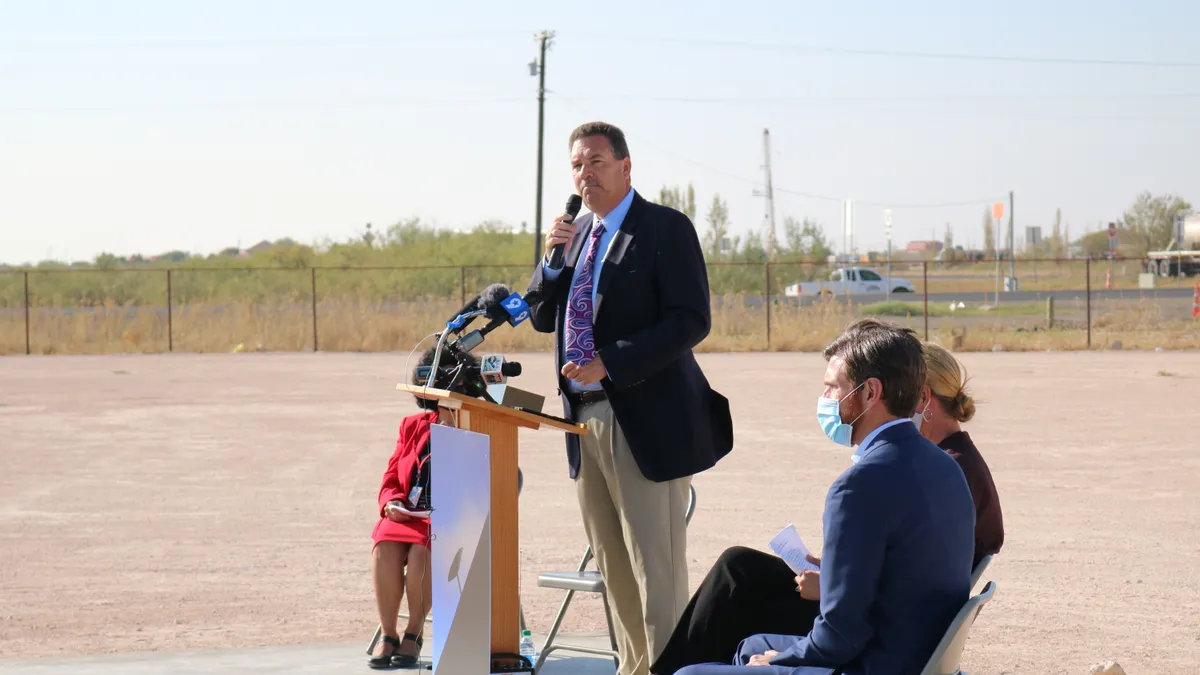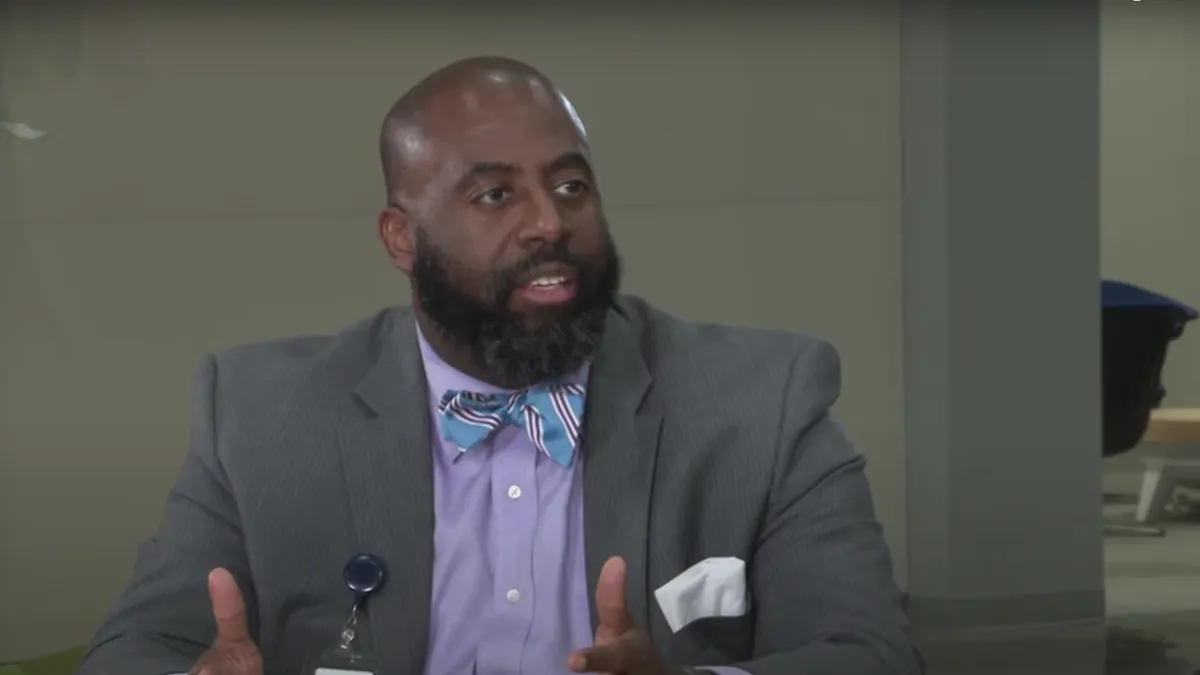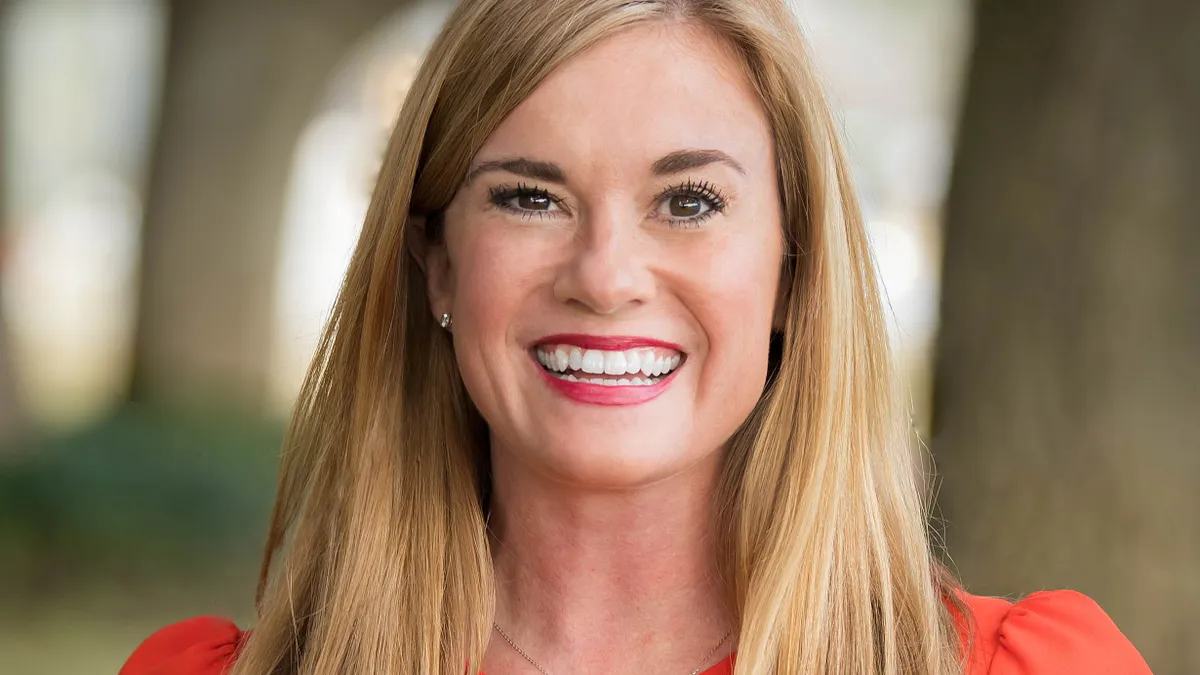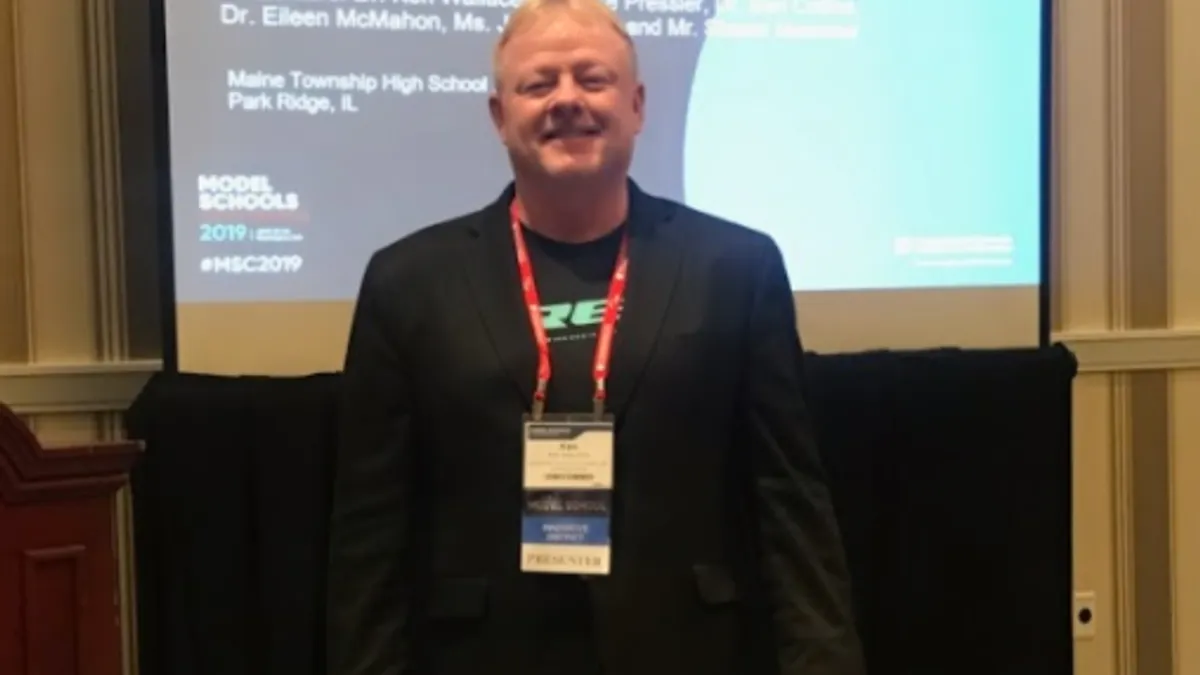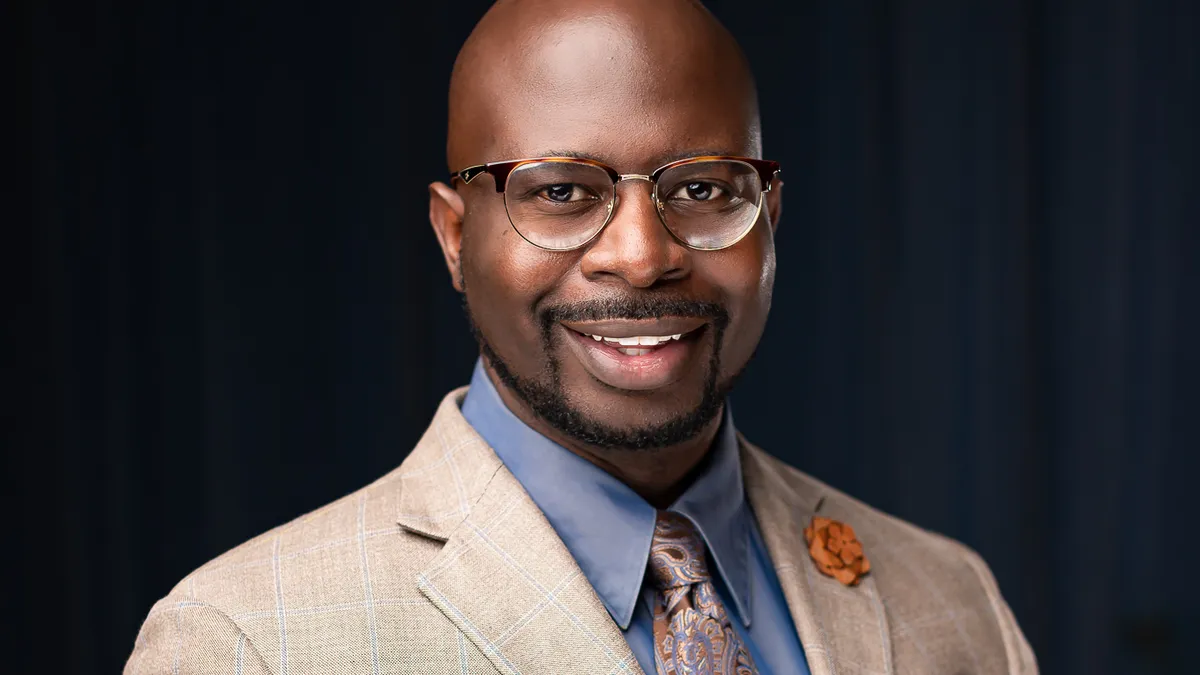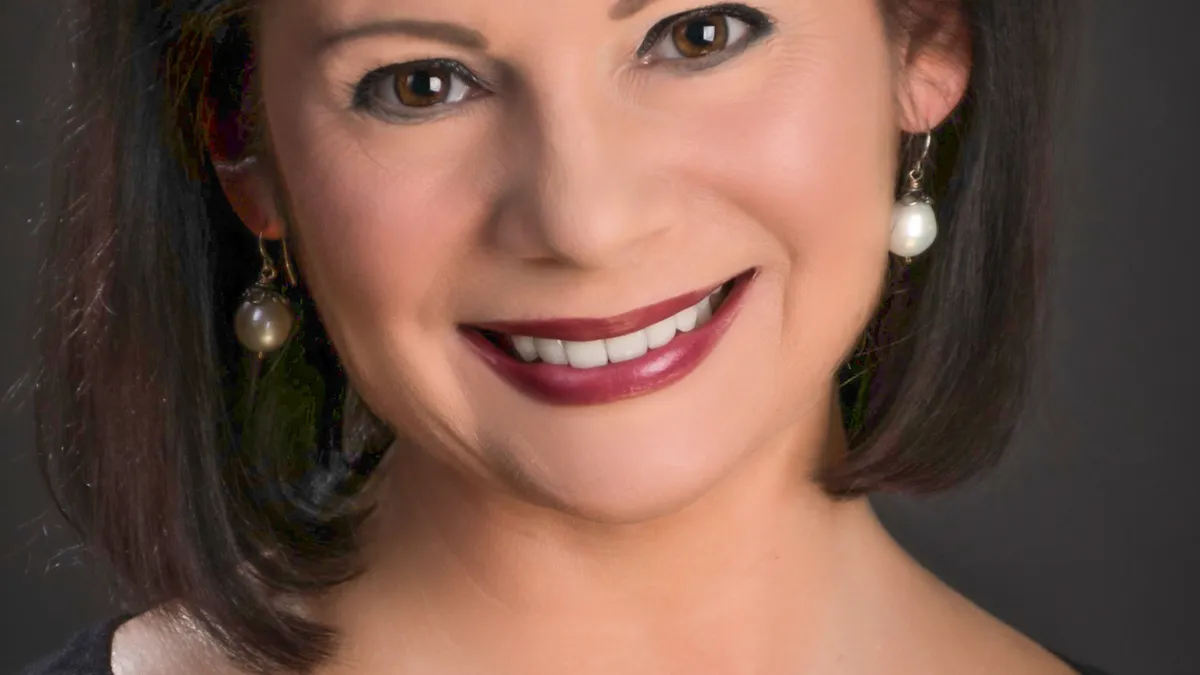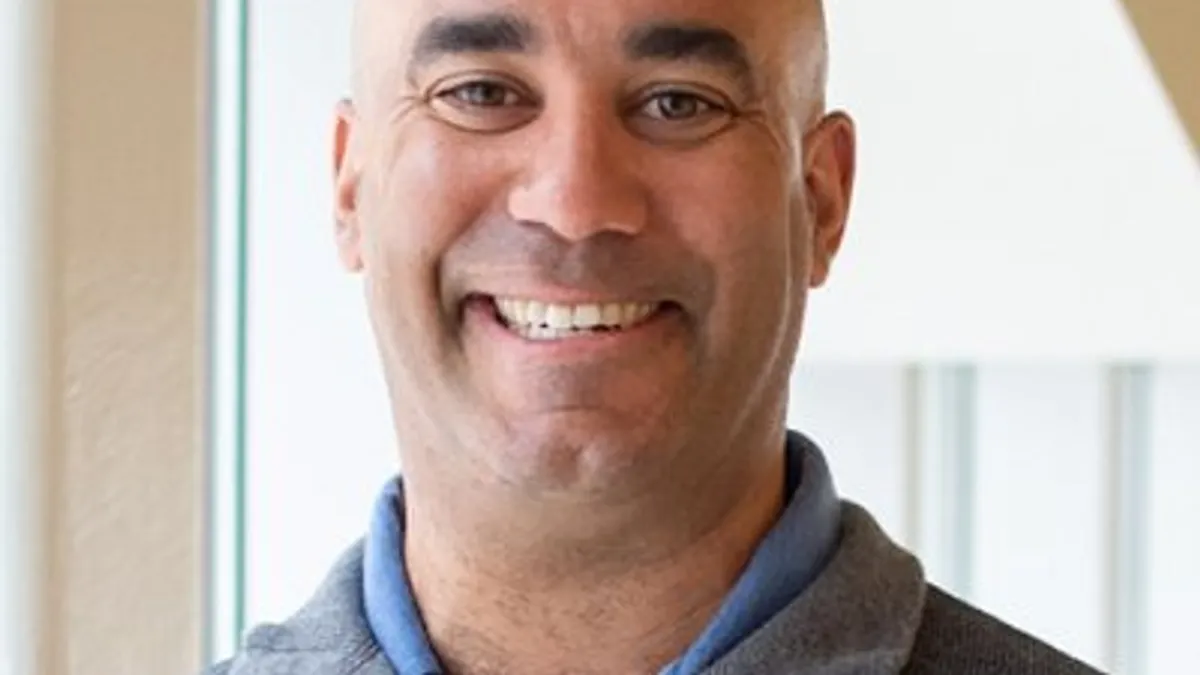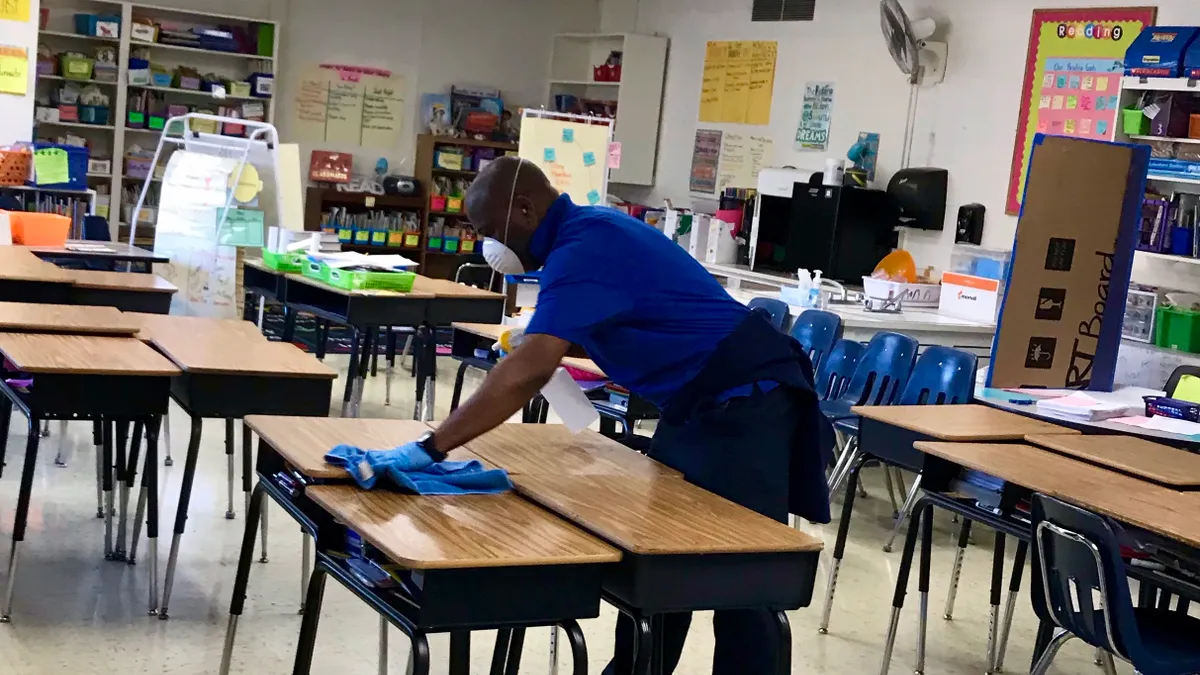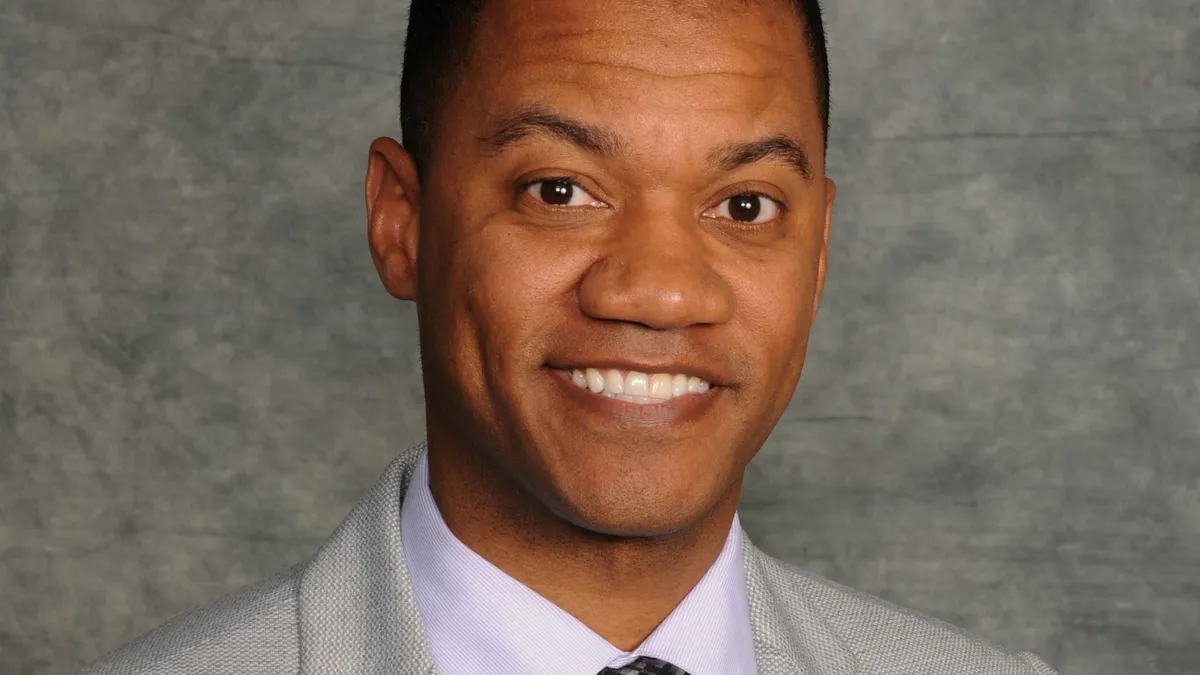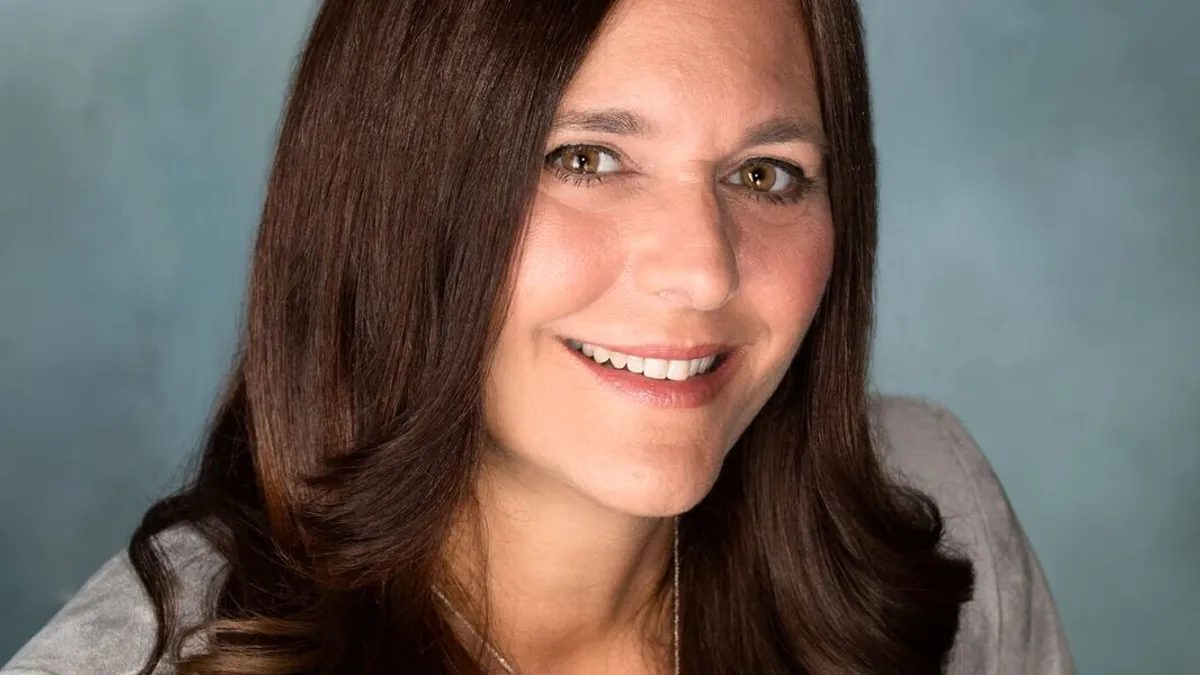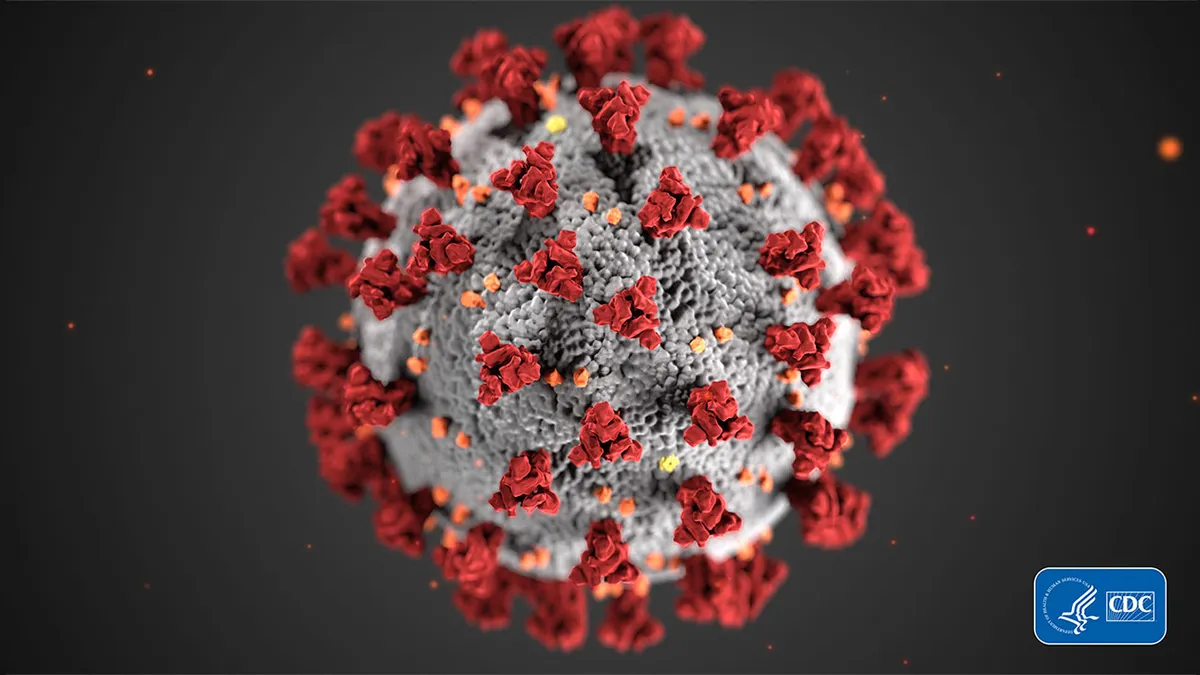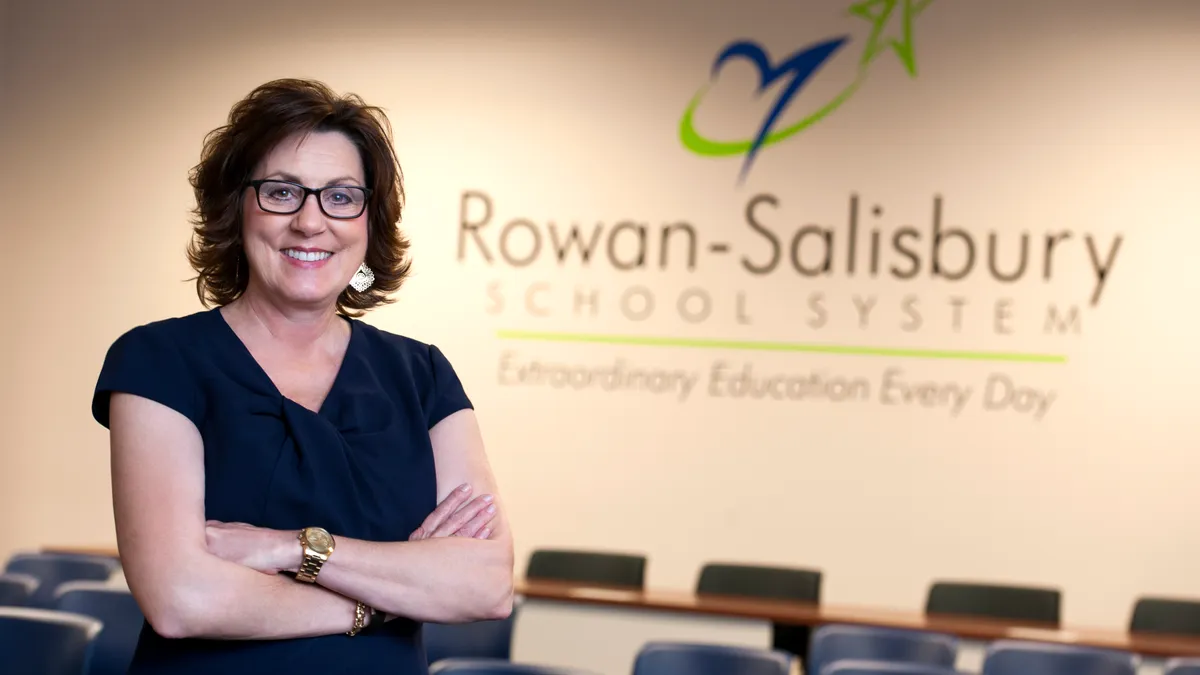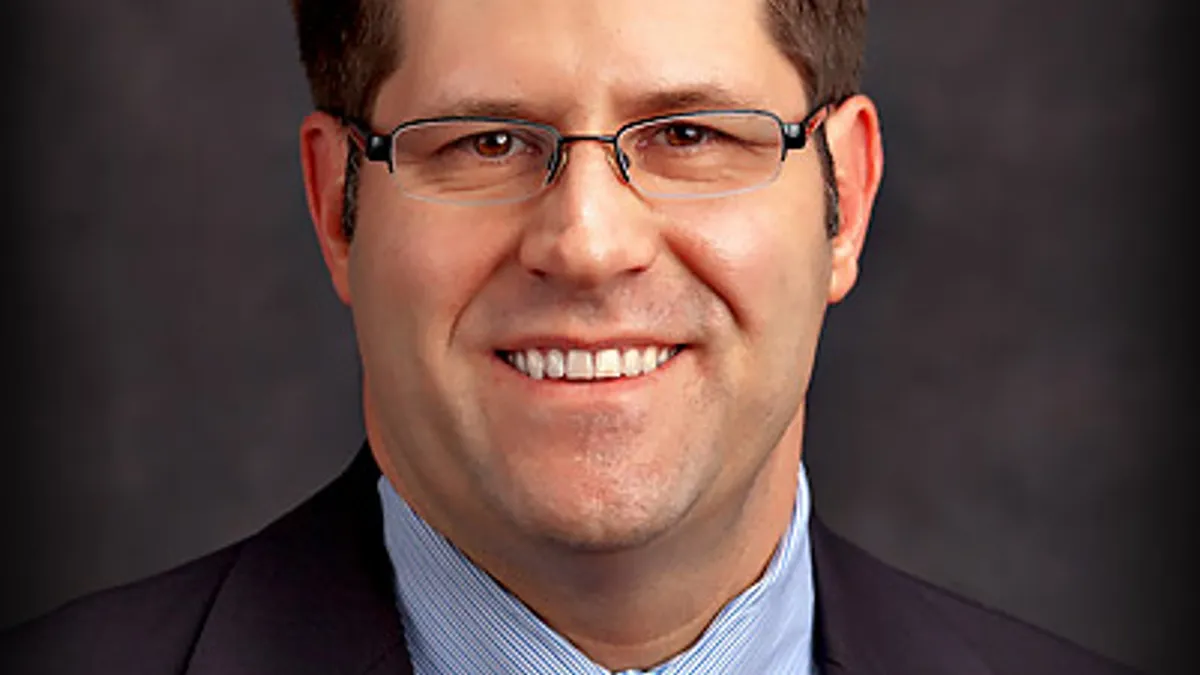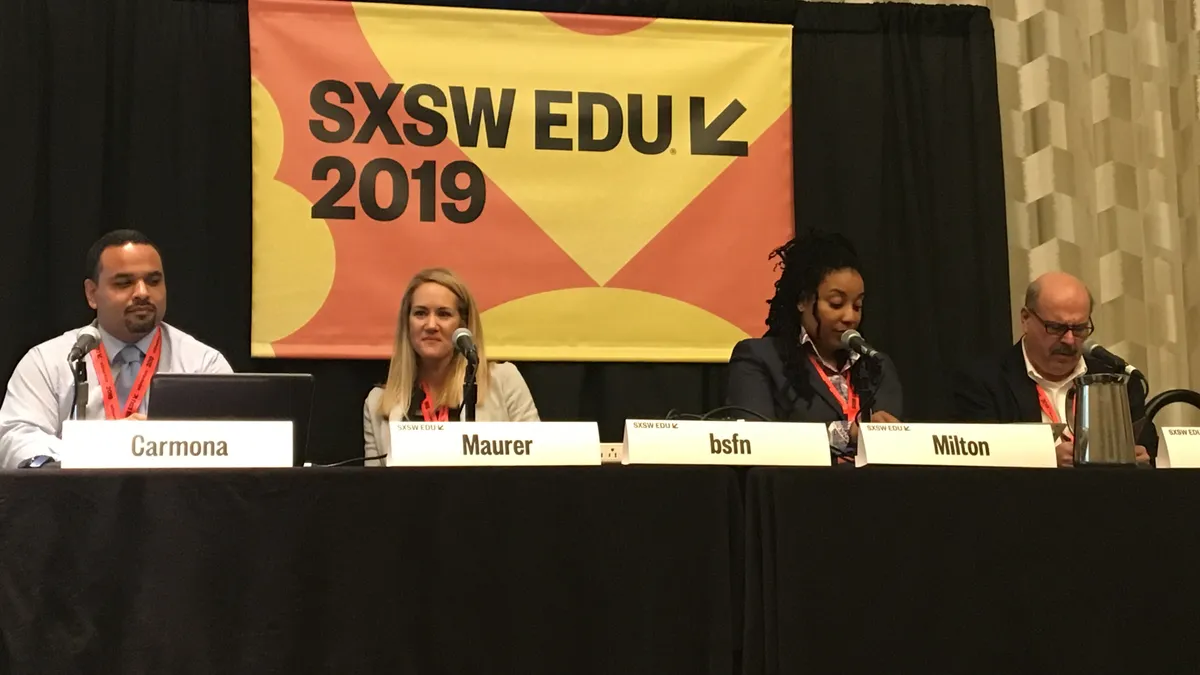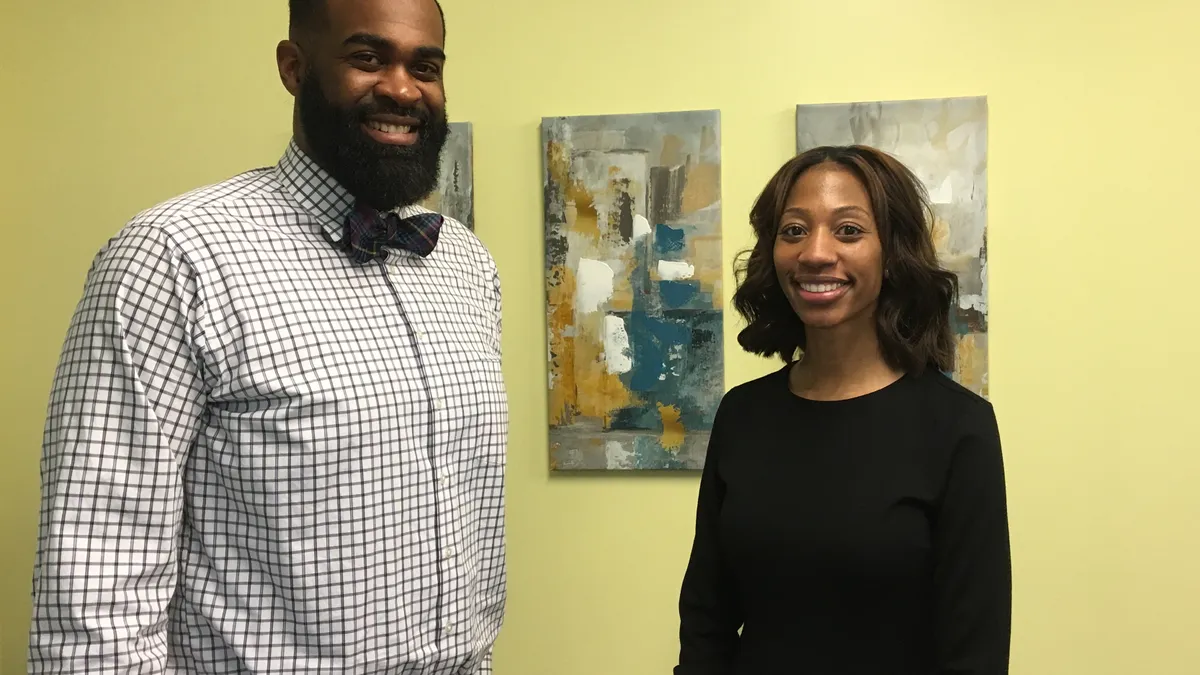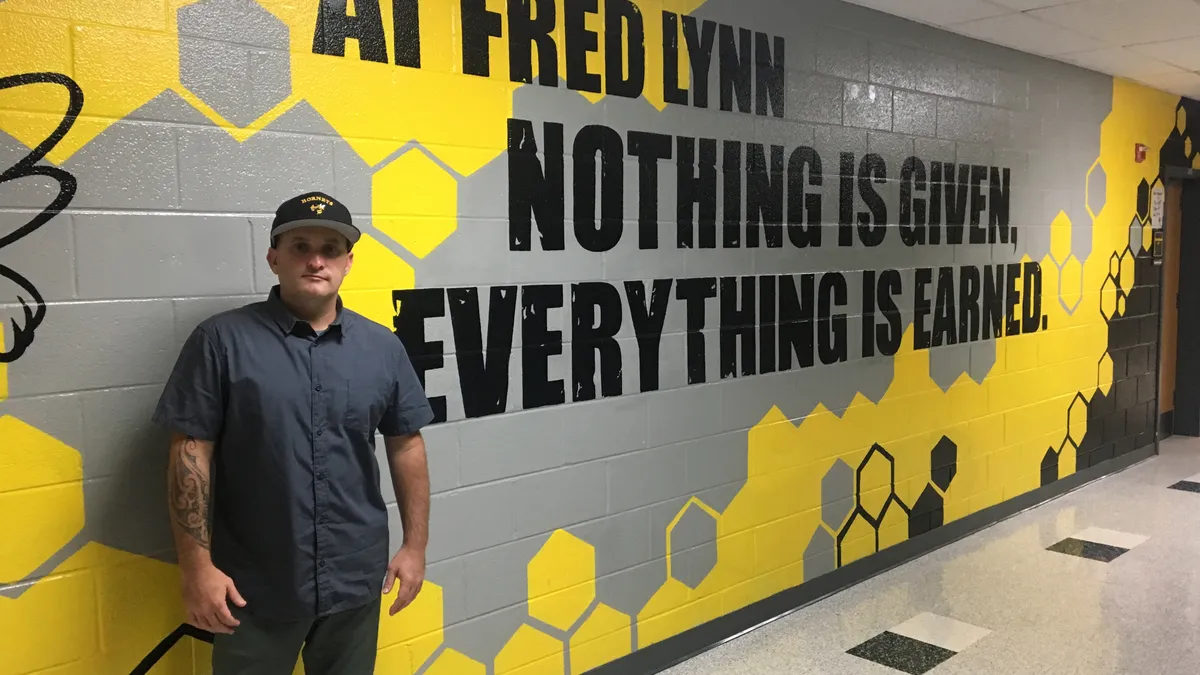Lessons In Leadership is an ongoing series in which K-12 principals and superintendents share their best practices and challenges overcome. For more installments, click here.
Time and again, the COVID-19 pandemic has highlighted K-12 administrators' commitment to serving not just the academic needs of students, but those that extend beyond school walls and include their families. One South Carolina principal's story, in particular, shows just how far school leaders will go for students: Henry Darby worked nights at Walmart and used the paychecks to help families in need make ends meet.
North Charleston High School serves a school population that is 97% students of color and has a 100% free-and-reduced price lunch rate. Darby’s decision to go above and beyond in helping families has led to donations and support for the school from Walmart and individuals as far from South Carolina as France, Germany and Australia. It has also contributed to efforts toward becoming a community school, with more robust wraparound services.
Darby is quick to deflect, saying he’s just doing his job. "The credit really goes to (Superintendent Gerrita Postlewait), because had she not given me the chance with the opportunity, I would not have been at this particular school to witness what I've witnessed, and as a result trying to do something about it," Darby recently told K-12 Dive.
Over the course of our conversation, Darby discussed reactions from the school community, the importance of parent engagement and what he hopes students take away from his example.
Editor’s note: This interview has been edited for brevity and clarity.
K-12 DIVE: Tell me about how you decided to take on the part-time job at Walmart to help struggling families in your school community.
HENRY DARBY: I got involved because of the day-to-day needs my students have compounded by the needs of their parents or their families. My administrative team and I, we would come out of our own pockets to the point that it became very taxing. On a personal note, I had a number of overdraft checks time and time and time again, and yet I could not leave my students and families in the position that they were in, in terms of needing various things. So this common sense dictated, you know, get another job to help out.
Being the leader of a high school, where students might feel a little bit more stigma about various socioeconomic issues their families might face, how do you go about helping them meet their needs on that front?
Some of those kids, perhaps most of them, were like me — I didn't realize I was poor. That was just the way things were, because everybody around me basically had the same little something.
However, there are some good things that can come out of this. There are students who are now emulating my work — a number of them are now working at Walmart. We have families who are becoming more engaged with the school.
This is not a freebie of sorts. There are guidelines our parents have to follow. For instance, if you need dollars for your rent or mortgage or utility, you're going to have to take a financial literacy course — just 30 minutes to an hour — by an expert, and have to attend PTA meetings and school improvement councils. It’s just the idea that they have to become more engaged.
But in terms of the original question, they realize that someone's there to help them, and in helping them, they can help themselves.
Have you found that the engagement has increased throughout the time that you've been doing this?
I think the students feel better about themselves, and so do the parents who have been in need and those who have used the services. You can really tell the difference. And they're proud of their principal and say, “Well, look, Walmart is not beneath him. If he could work there …”
A certain section of my school — say for instance, my students who happened to be exceptional children — was somewhat tepid about working at a Walmart, but now that the principal is working there, there's really no shame.
You mentioned North Charleston is working toward becoming a community school. What sort of wraparound services would you be prioritizing during that transition?
We are going to have a parent center whereby we are going to have an open door policy that parents will not be turned around any longer because the principal or the assistant principal don't have enough time. We want our parents to feel comfortable here without any type of trepidation in terms of, “Well, I don't know exactly what to ask for.”
There will be digital financial literacy going on. We will also assist them with writing their resumes and getting assistance with GEDs and adult ed. Also, specifically for our Hispanic population, we'll have someone bilingual on staff to help them.
As a matter of fact, we will have various things as simple as a washing machine and dryer for those students who need assistance. We will have a pantry in terms of food and clothing.
I think it will be these students who see what the school is doing for them. When they get into the glory of their careers, they will look back and say, “I, too, can help those who need help, as well.” Hopefully, that would come from this. That's one of my endeavors, that they would make the connection that just as others have helped them, they in return will help others.
What advice do have for other school leaders who may want to do similar things to help students and families?
I would simply tell principals to stay the course, because every principal that I know here in Charleston County is doing exceedingly well in terms of doing ordinary things in an extraordinary manner. It’s simply that their names are not in print.
People don't necessarily recognize it, but principals in Charleston County work arduously every day. Sometimes I think just my working at Walmart pales in comparison to what some principals have to work with and what they have to do for the demographics that they serve.
I don't find anything I do or have done striking compared to what principals do on a daily basis. So I would just say — whatever the principals are doing, particularly in making our kids, our students, productive citizens — please stay the course and do what you have been doing.


